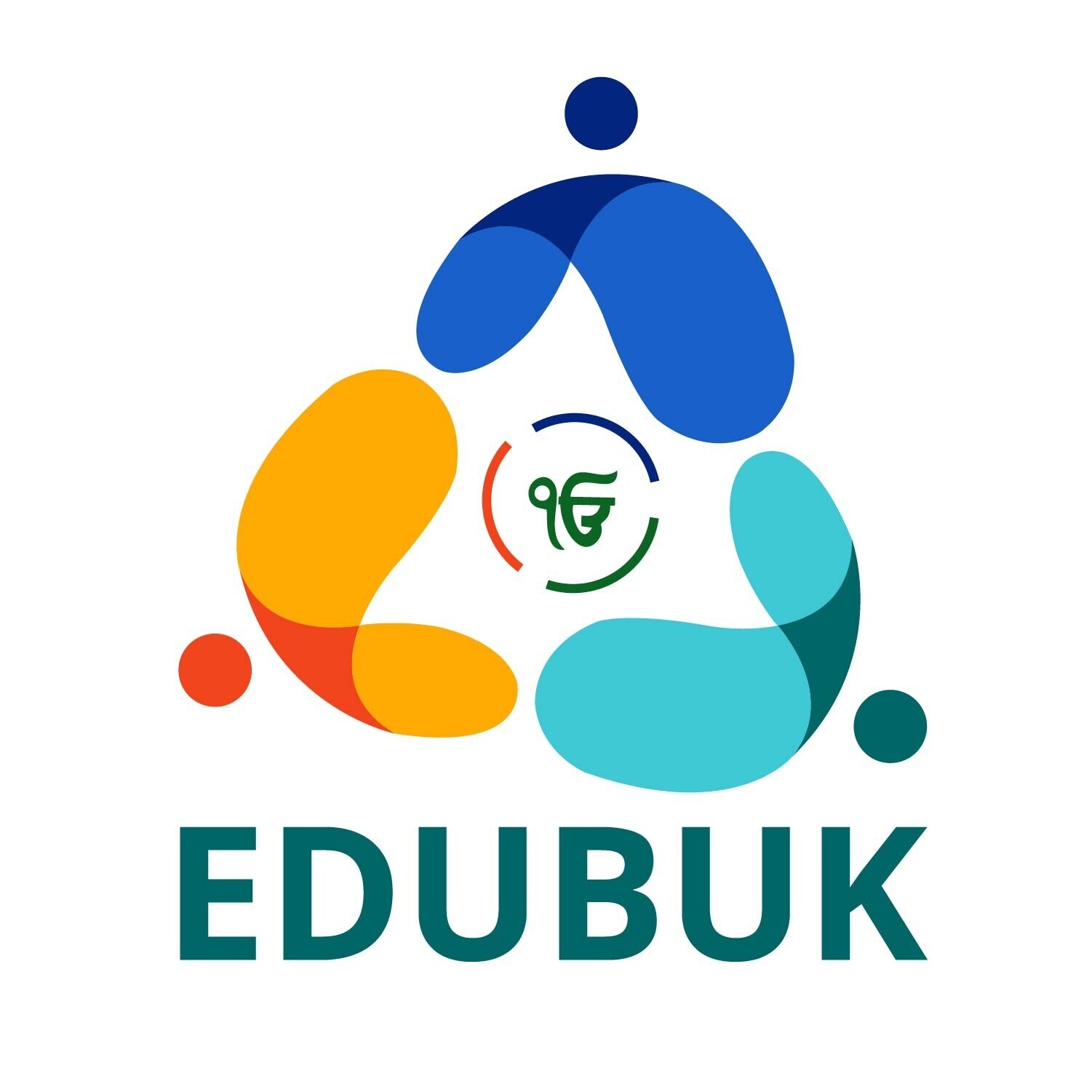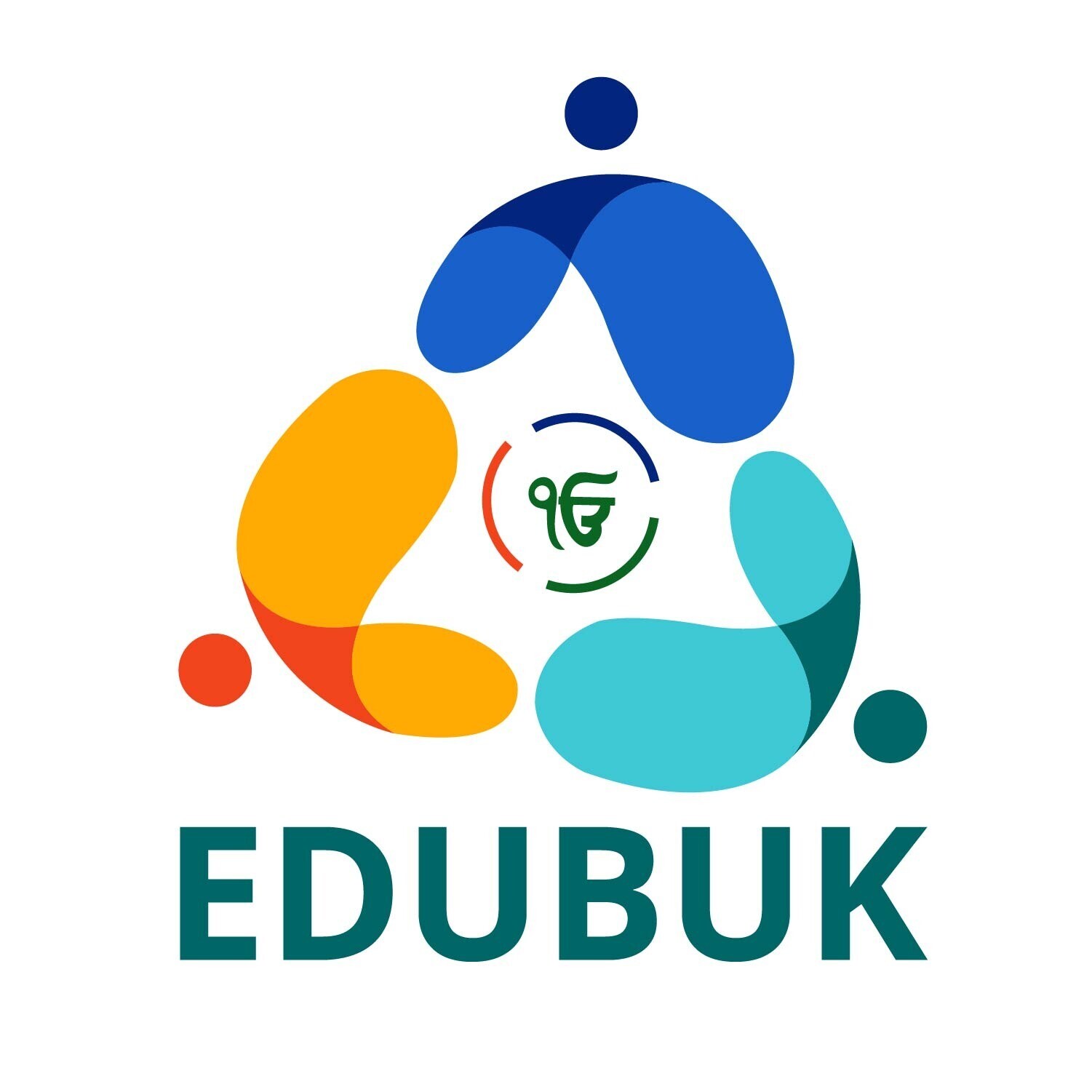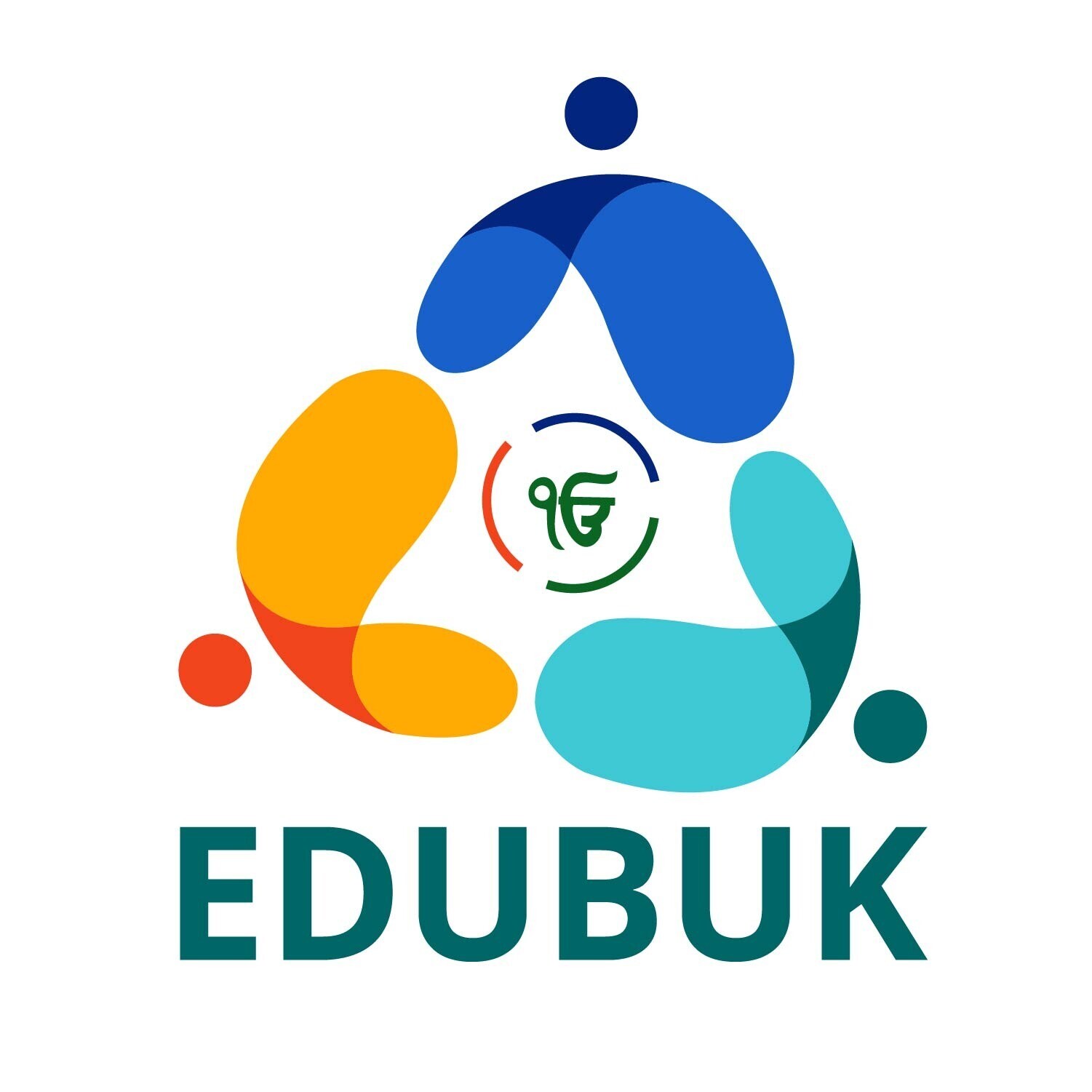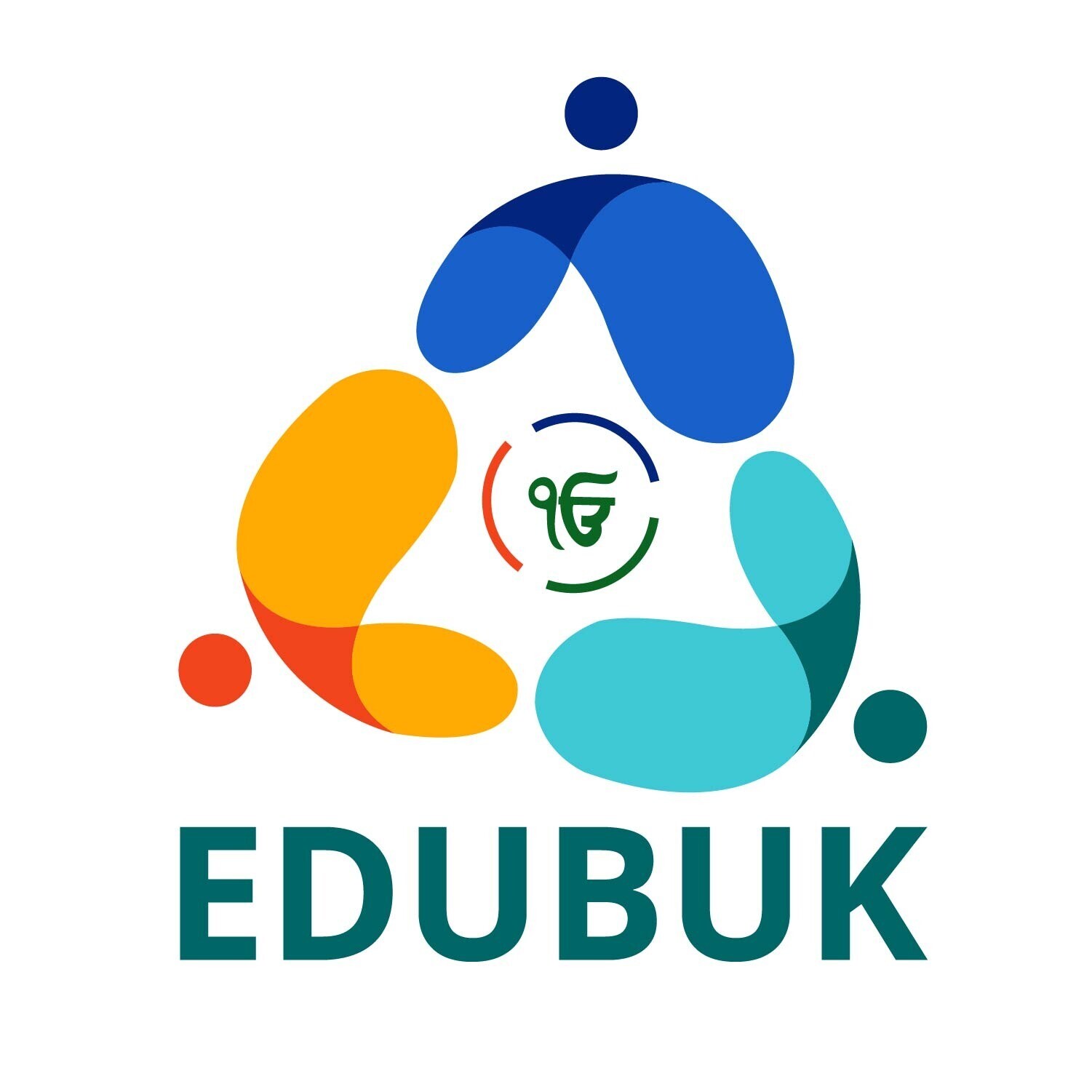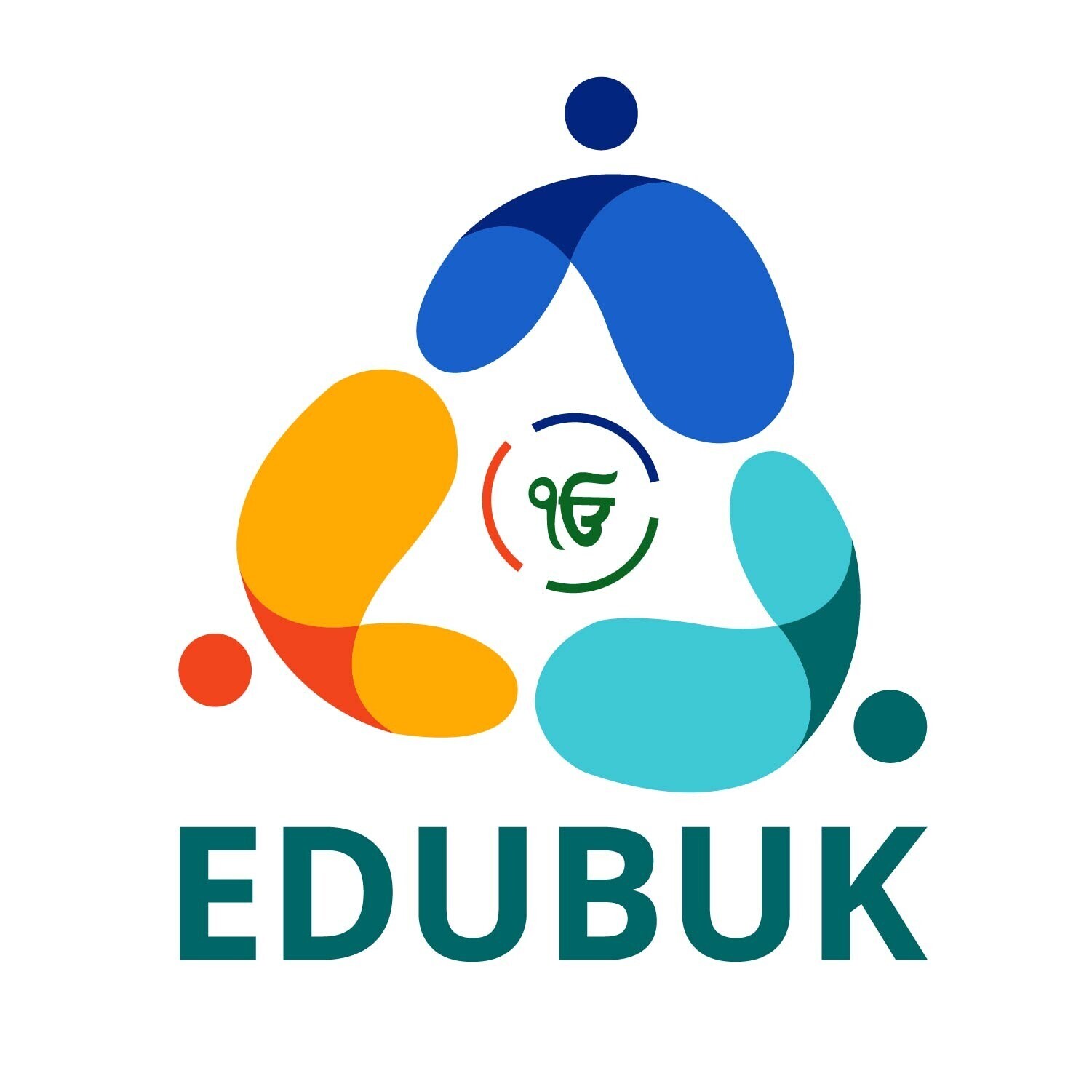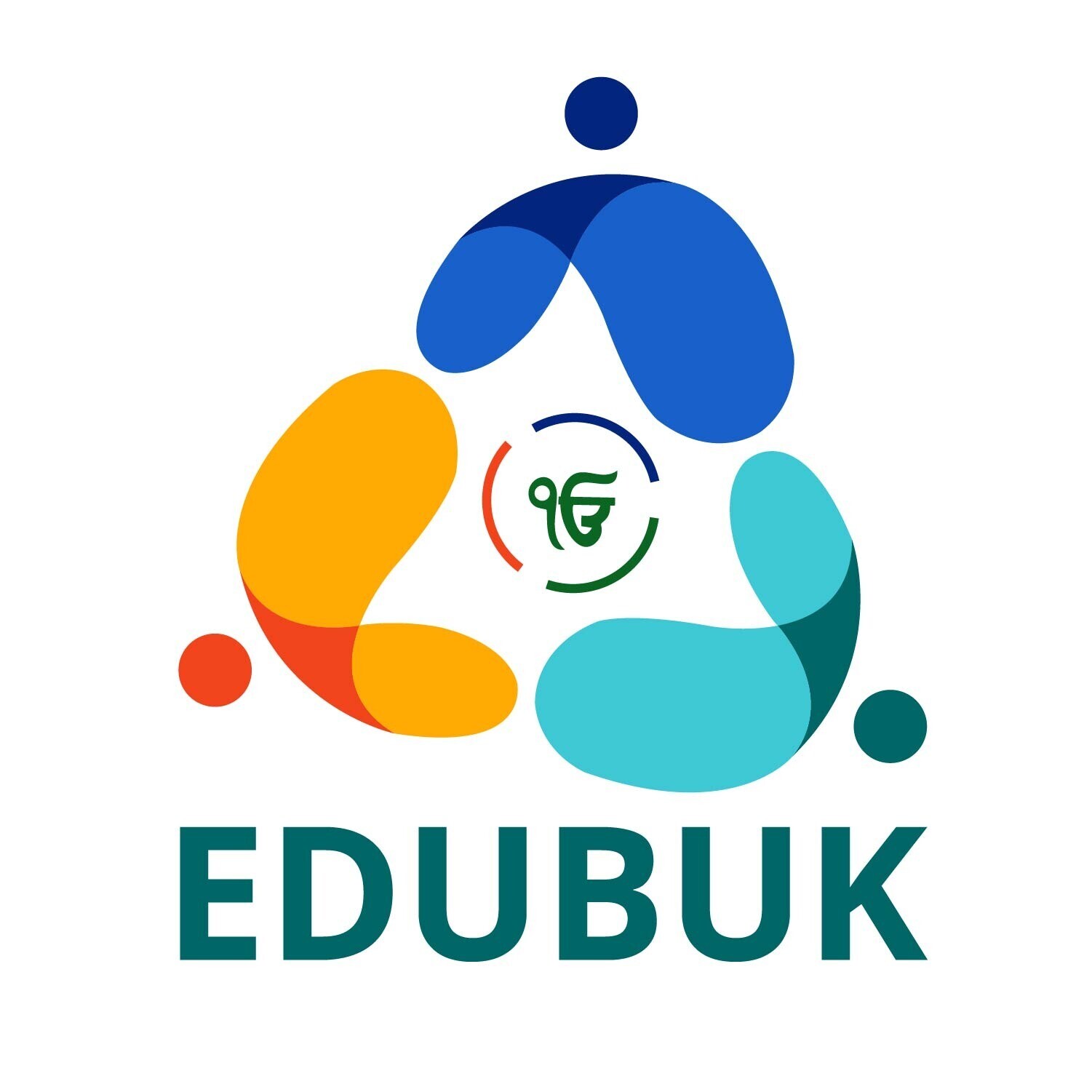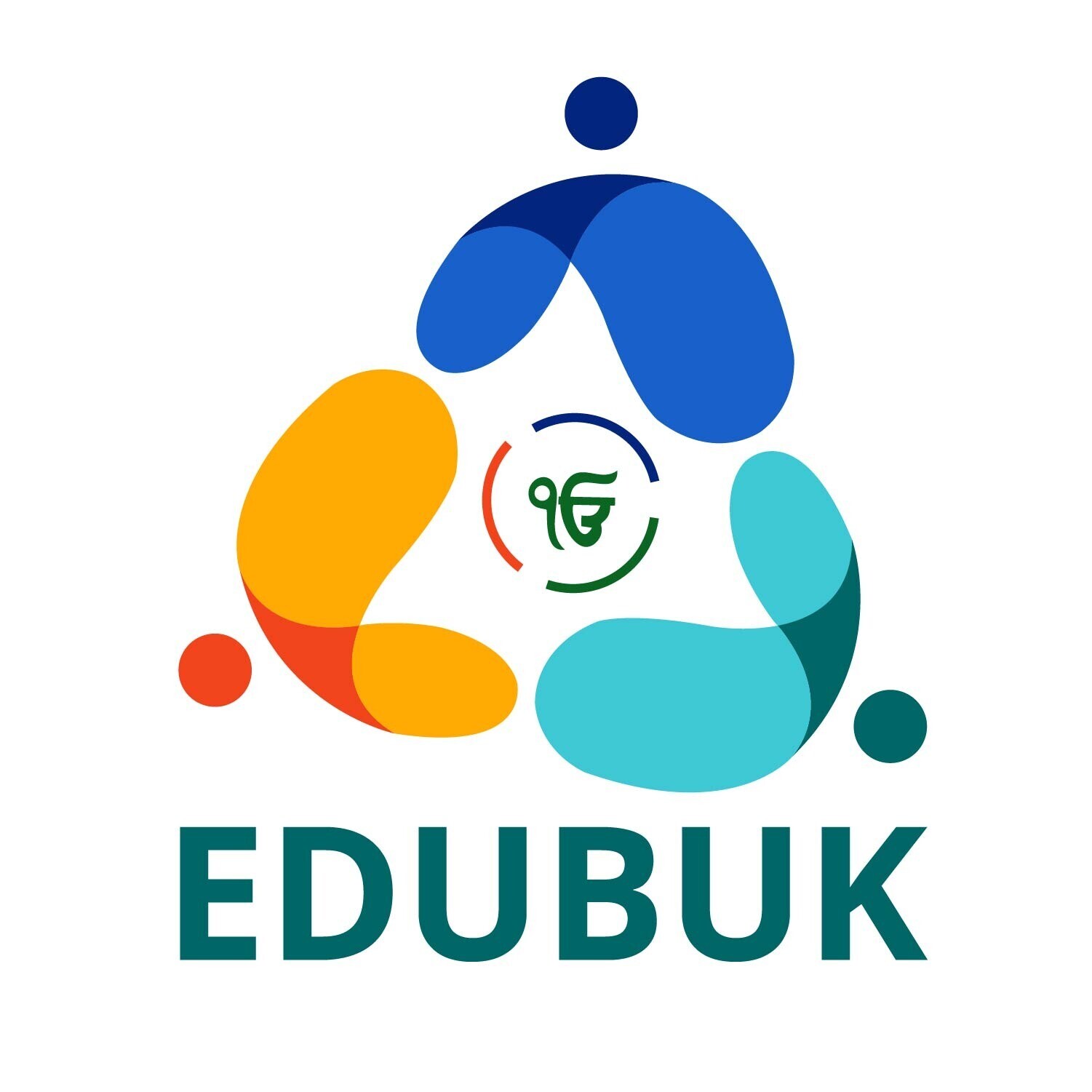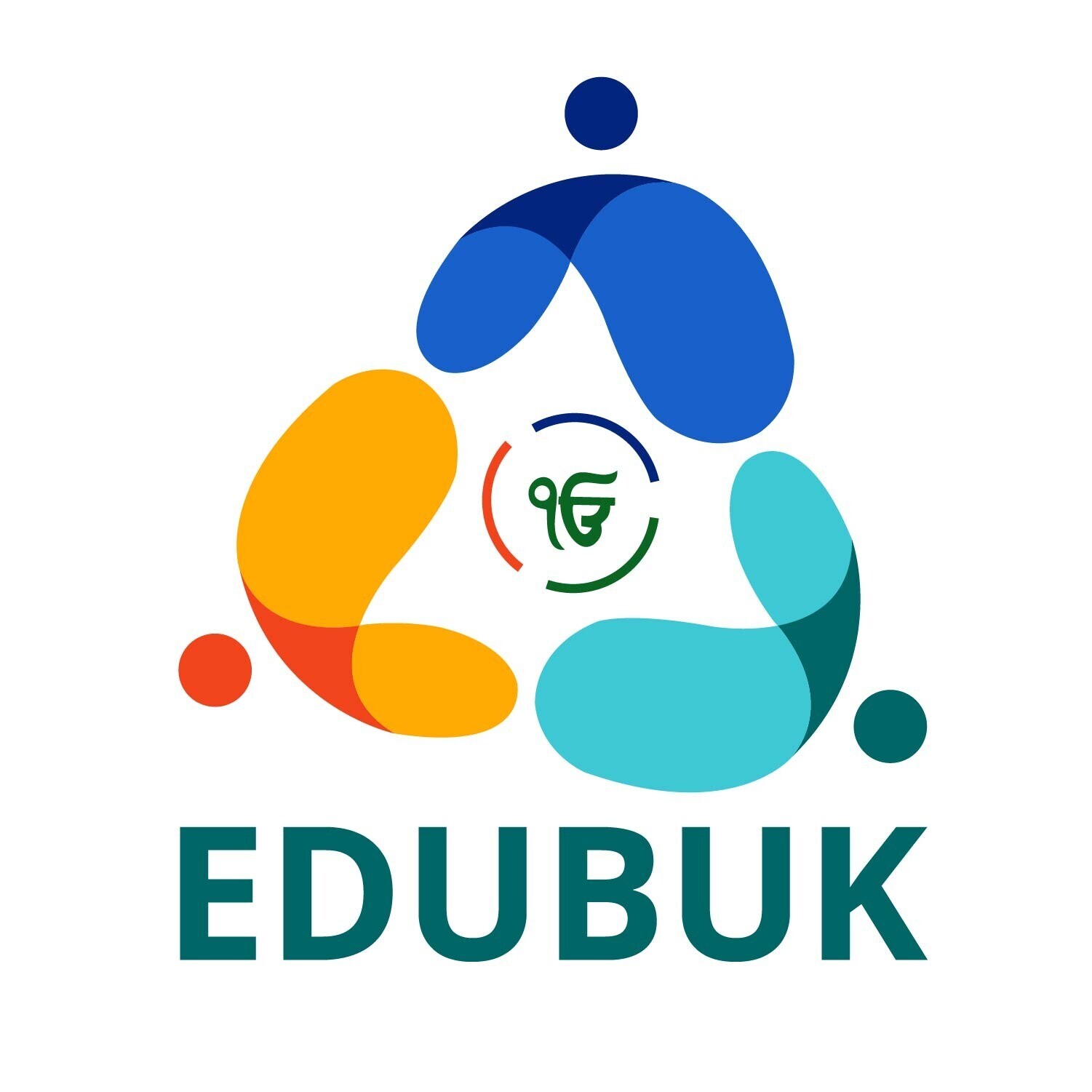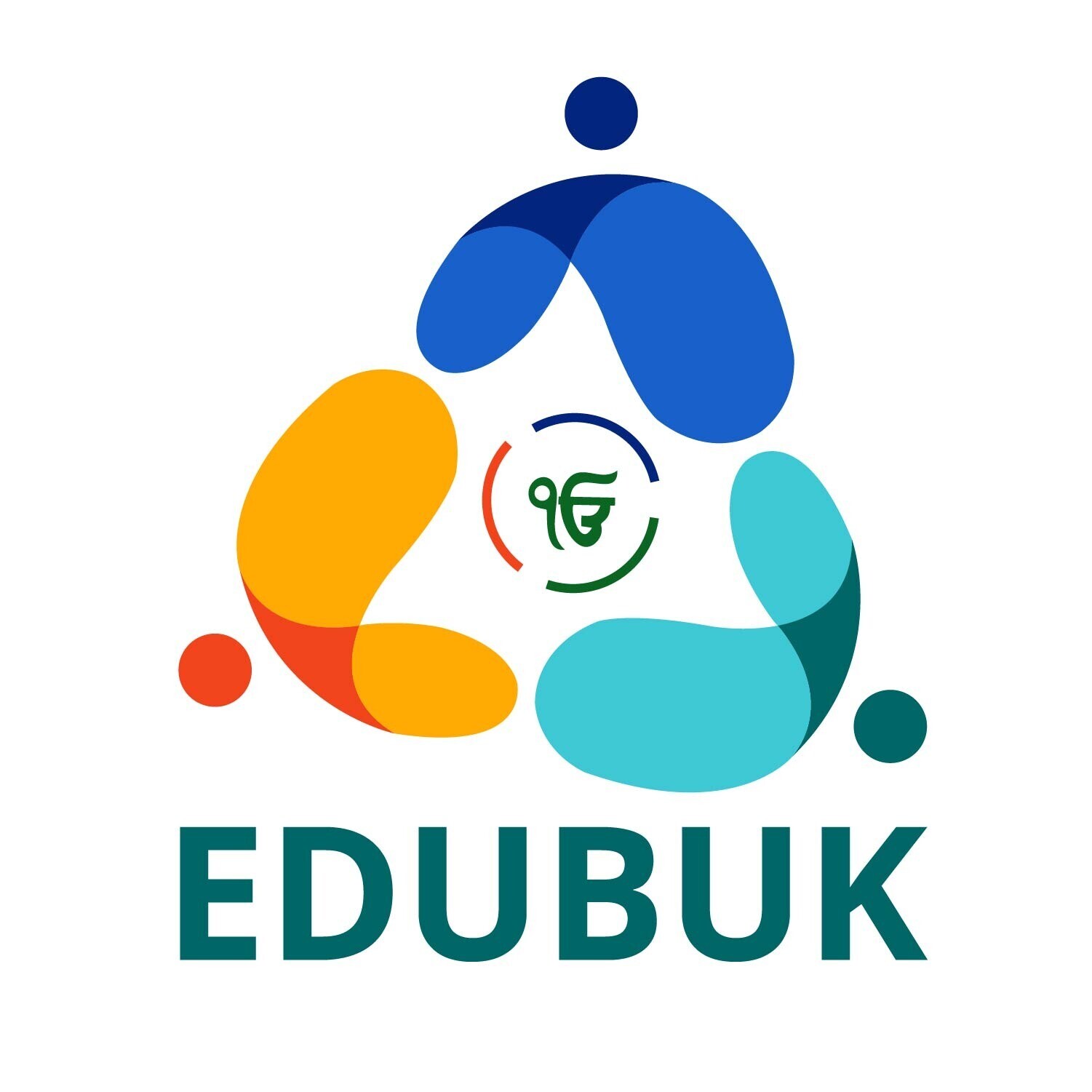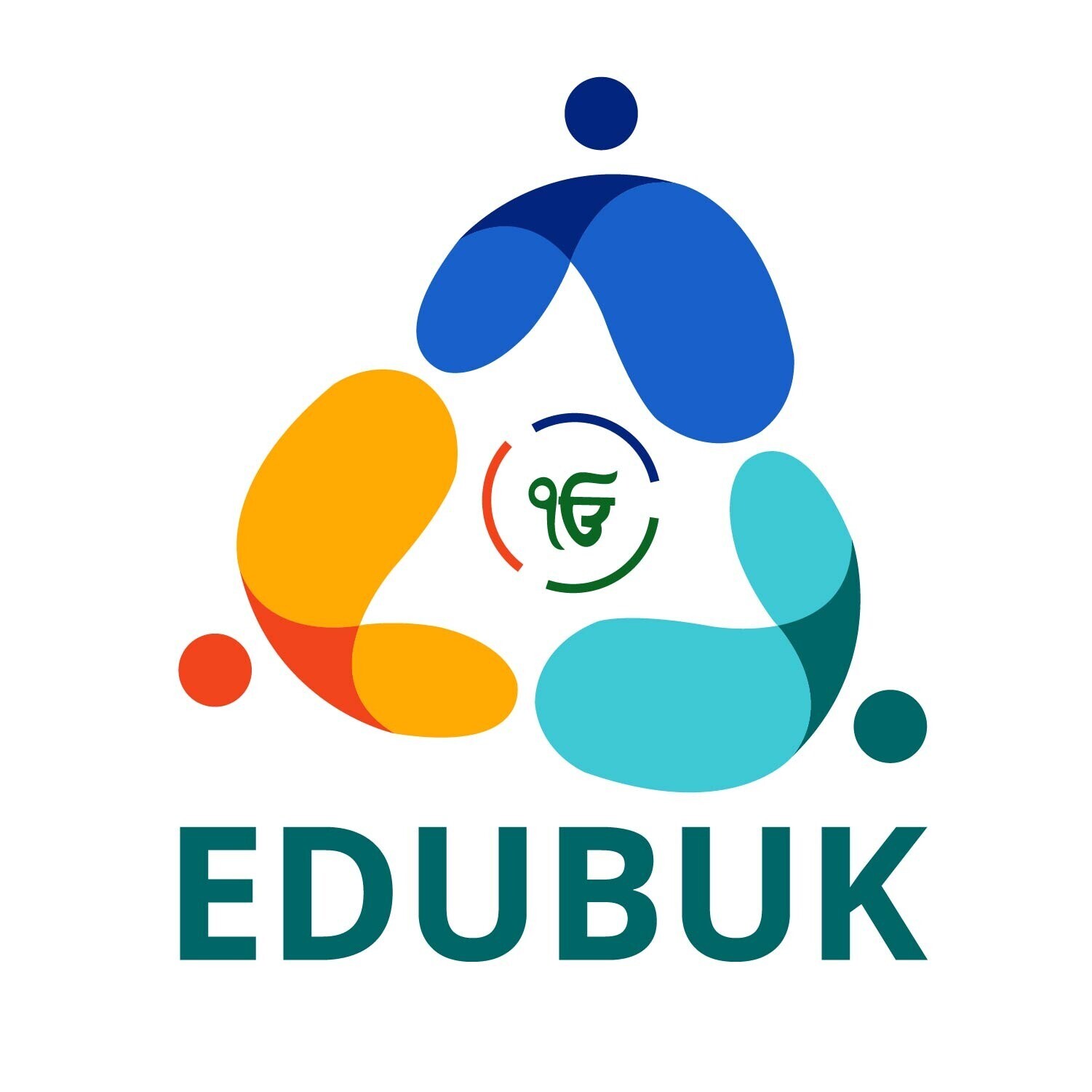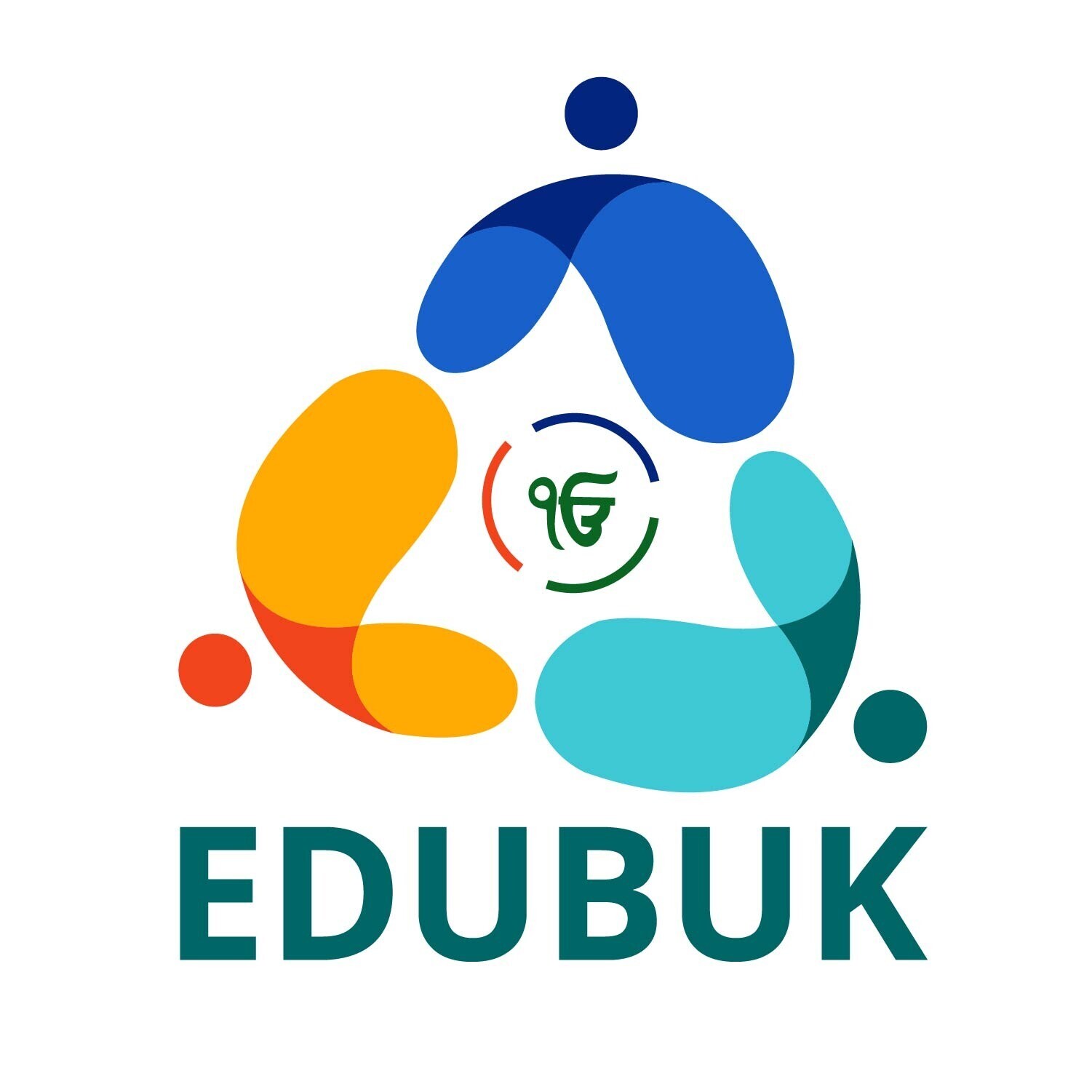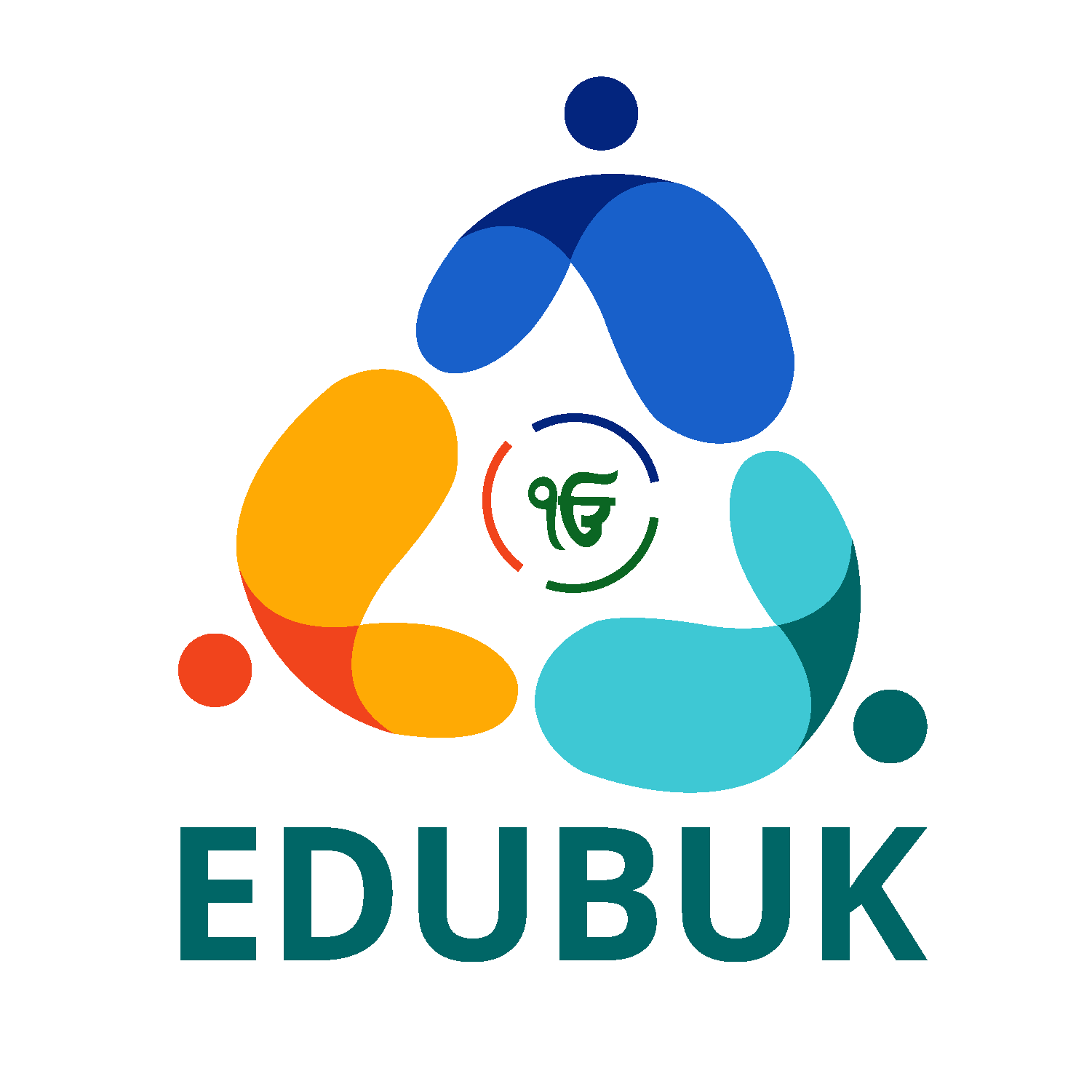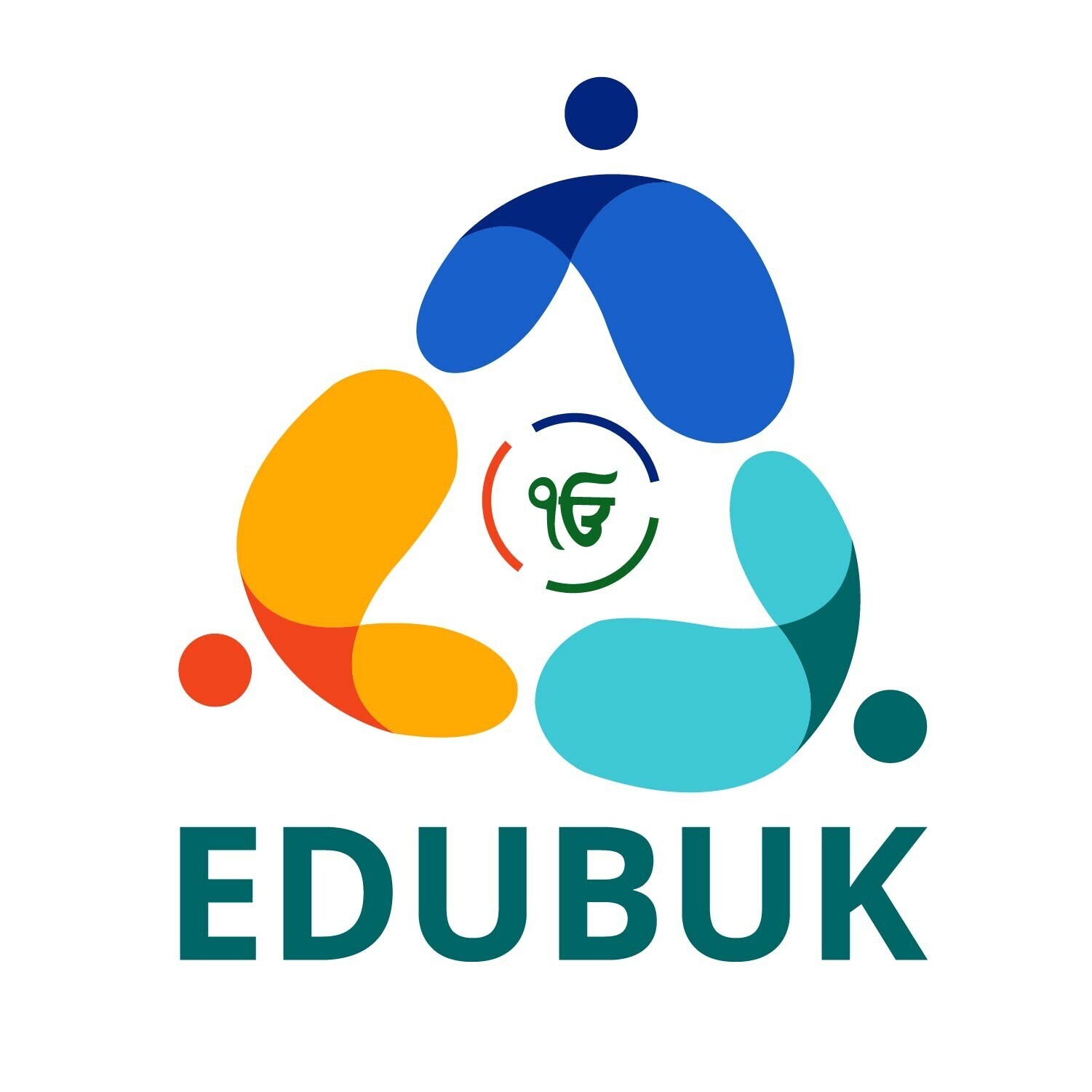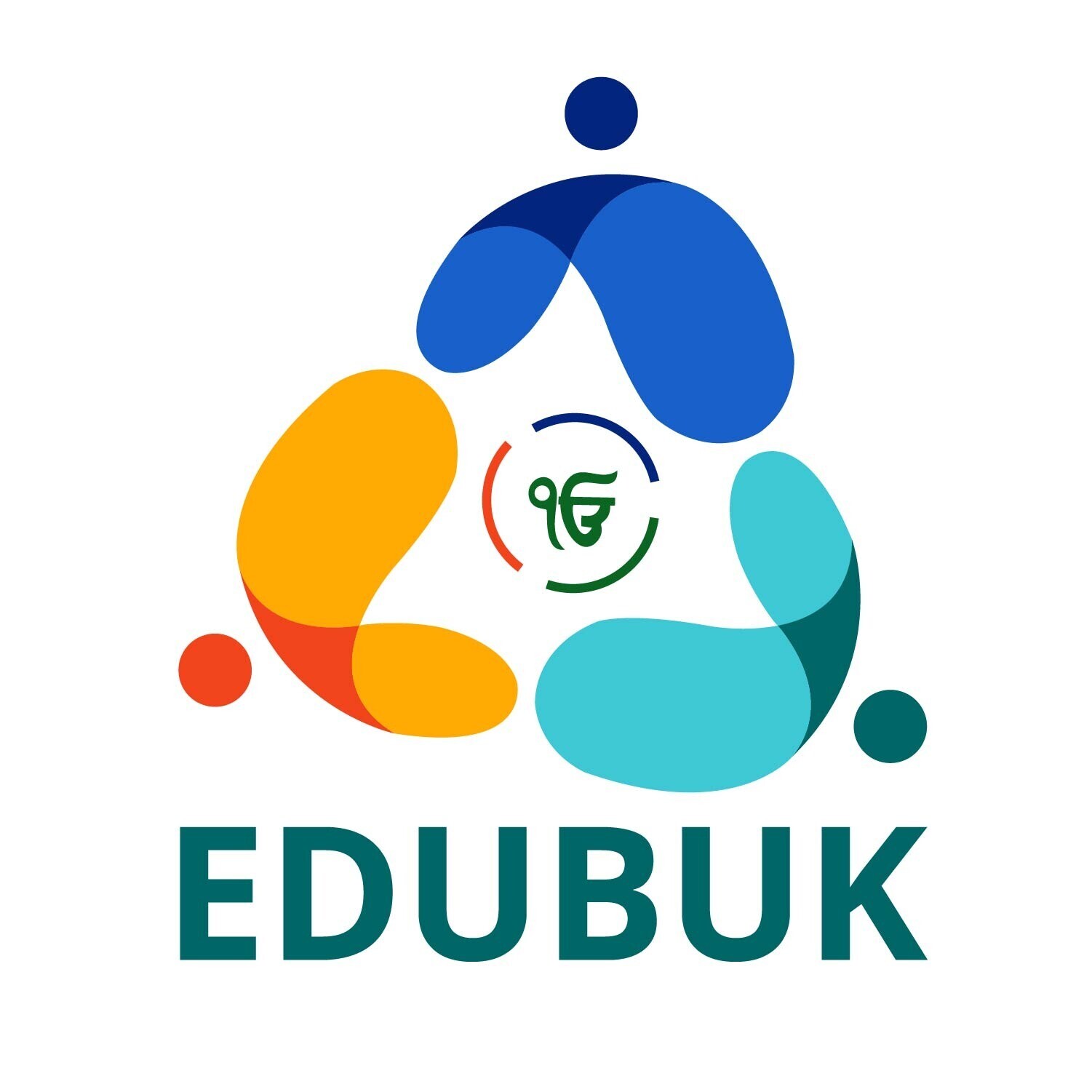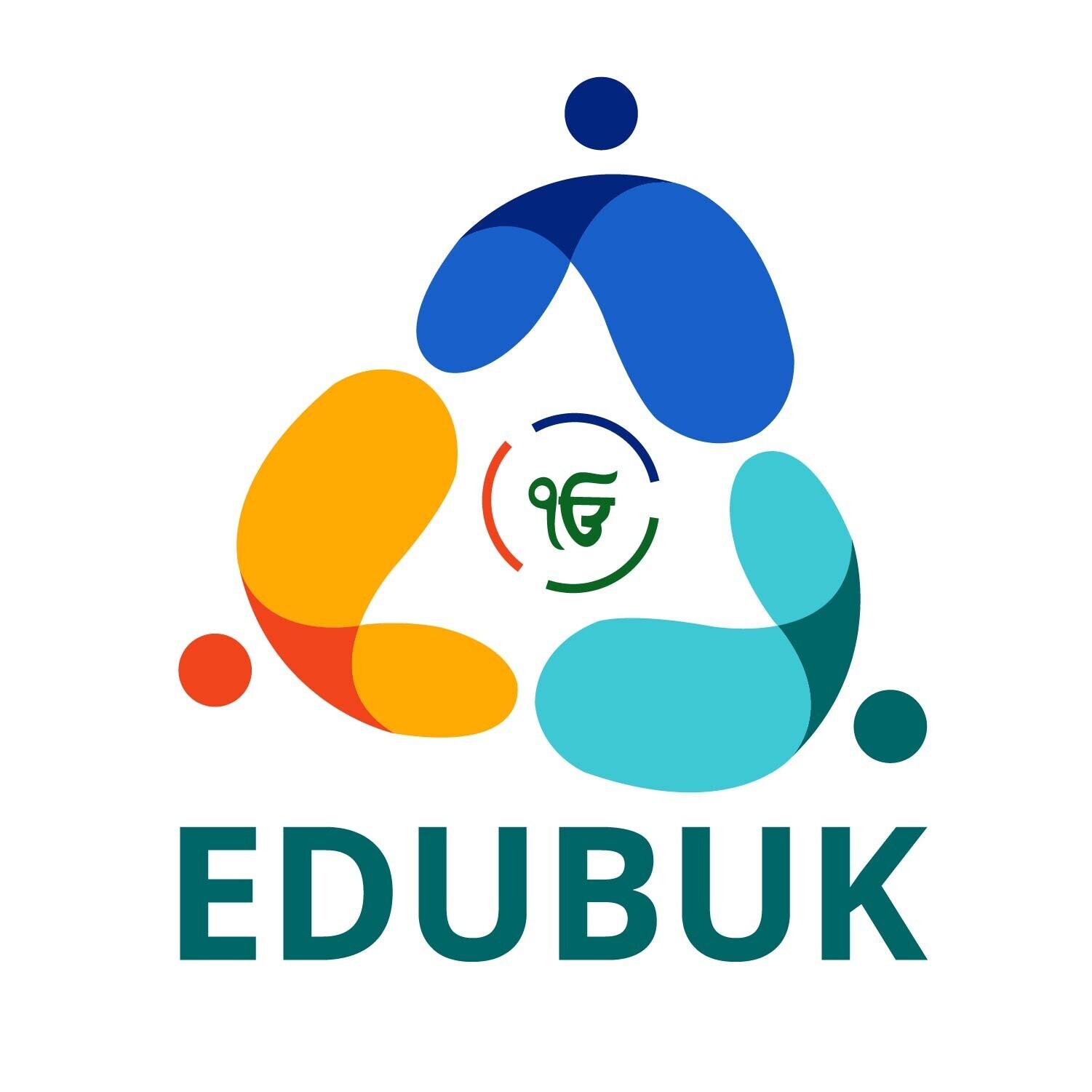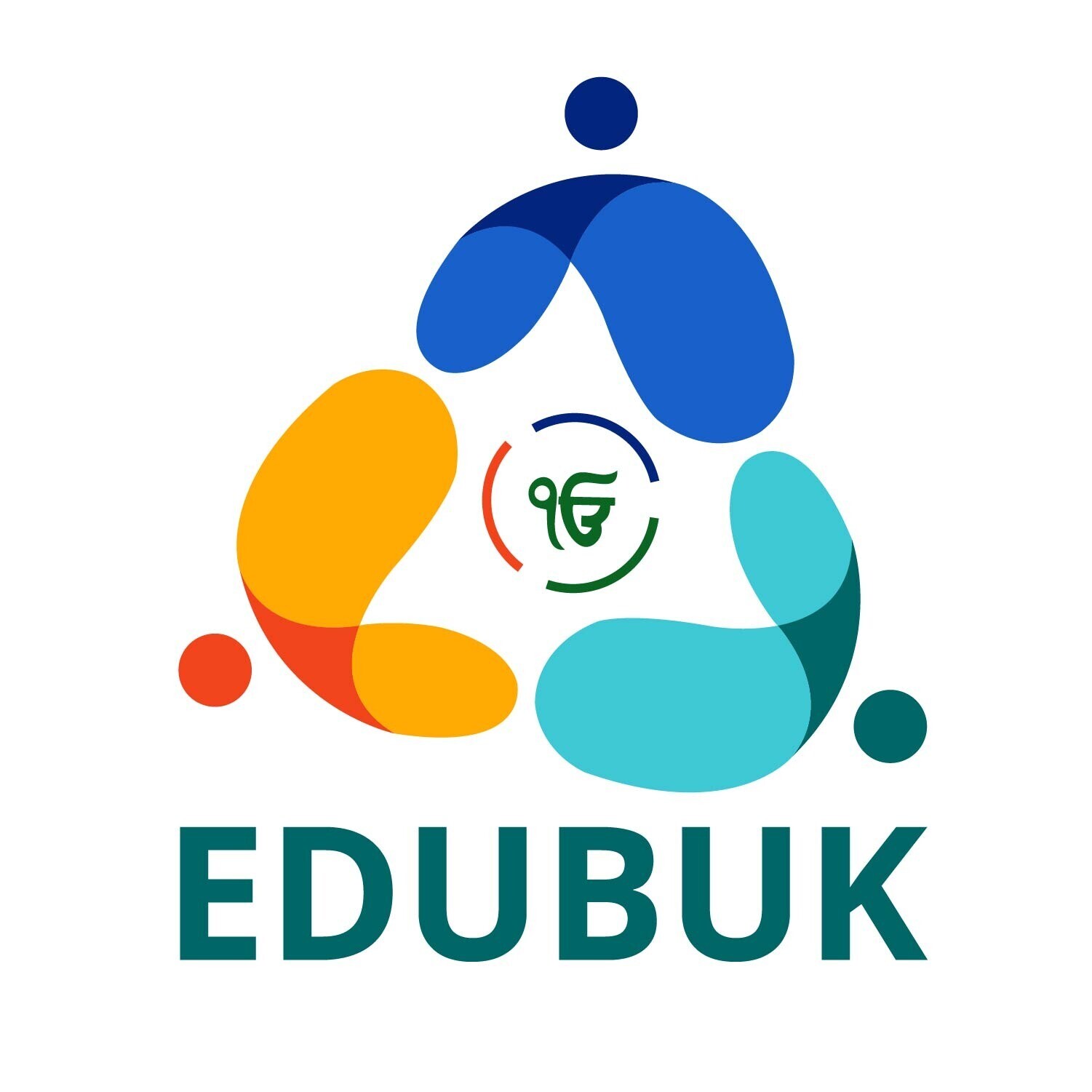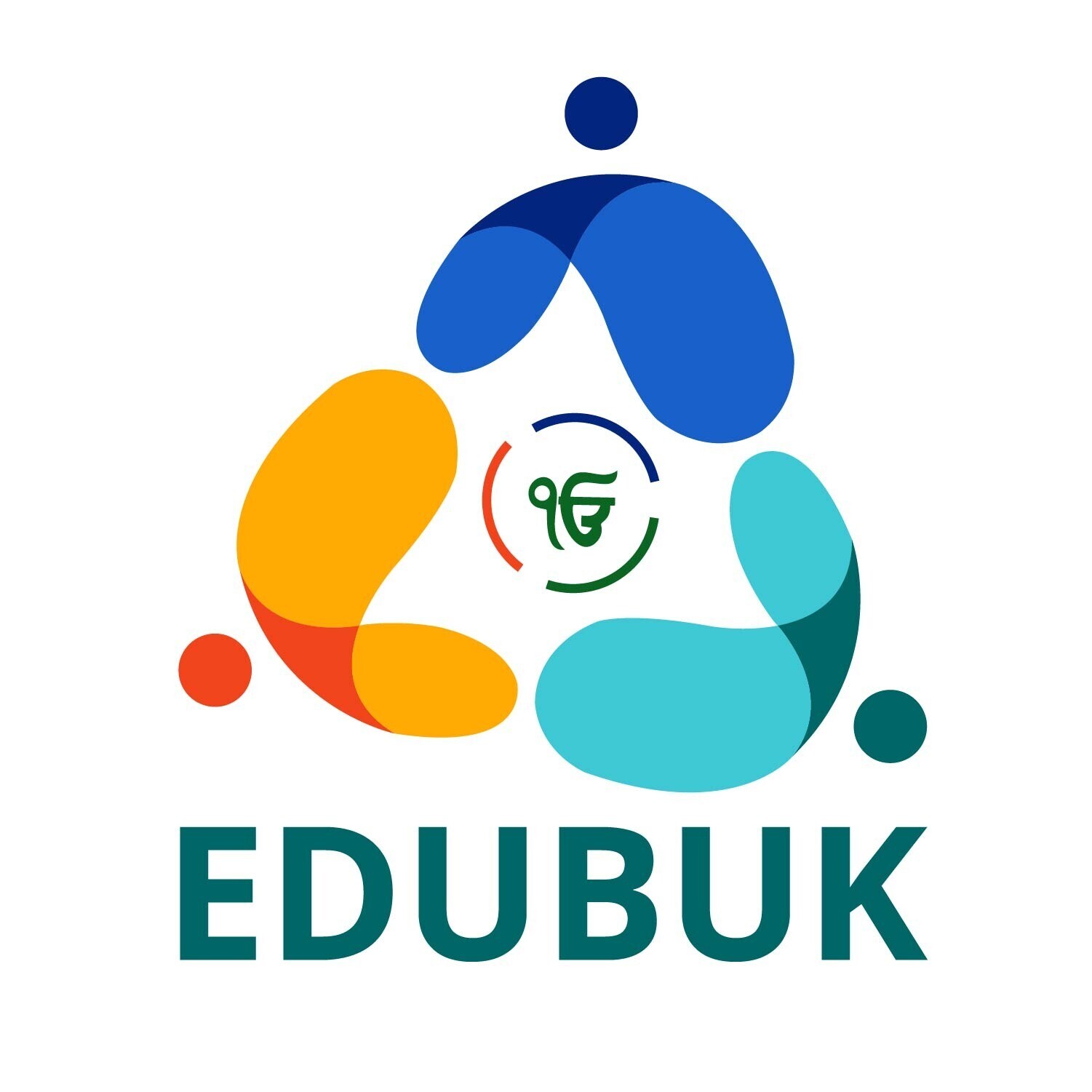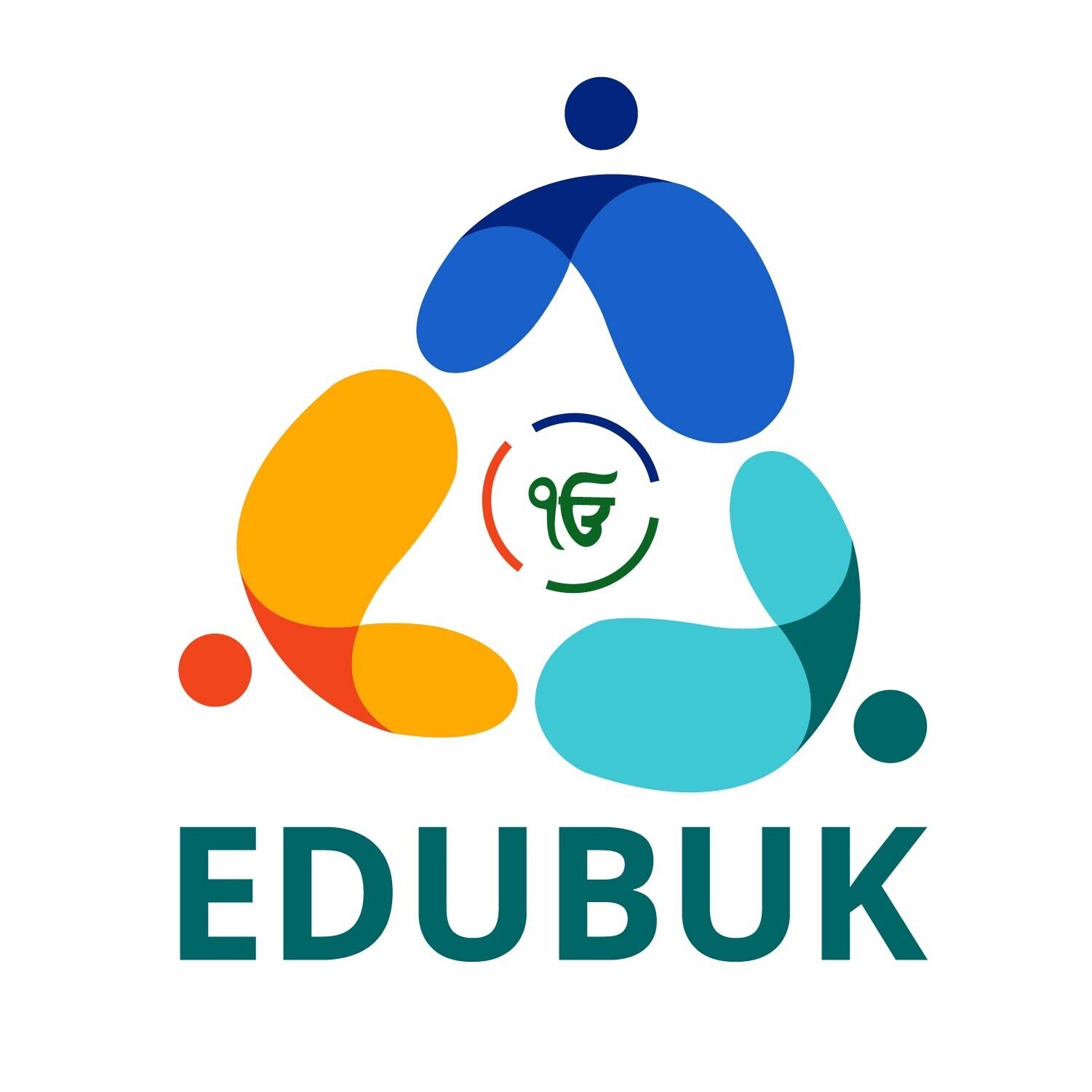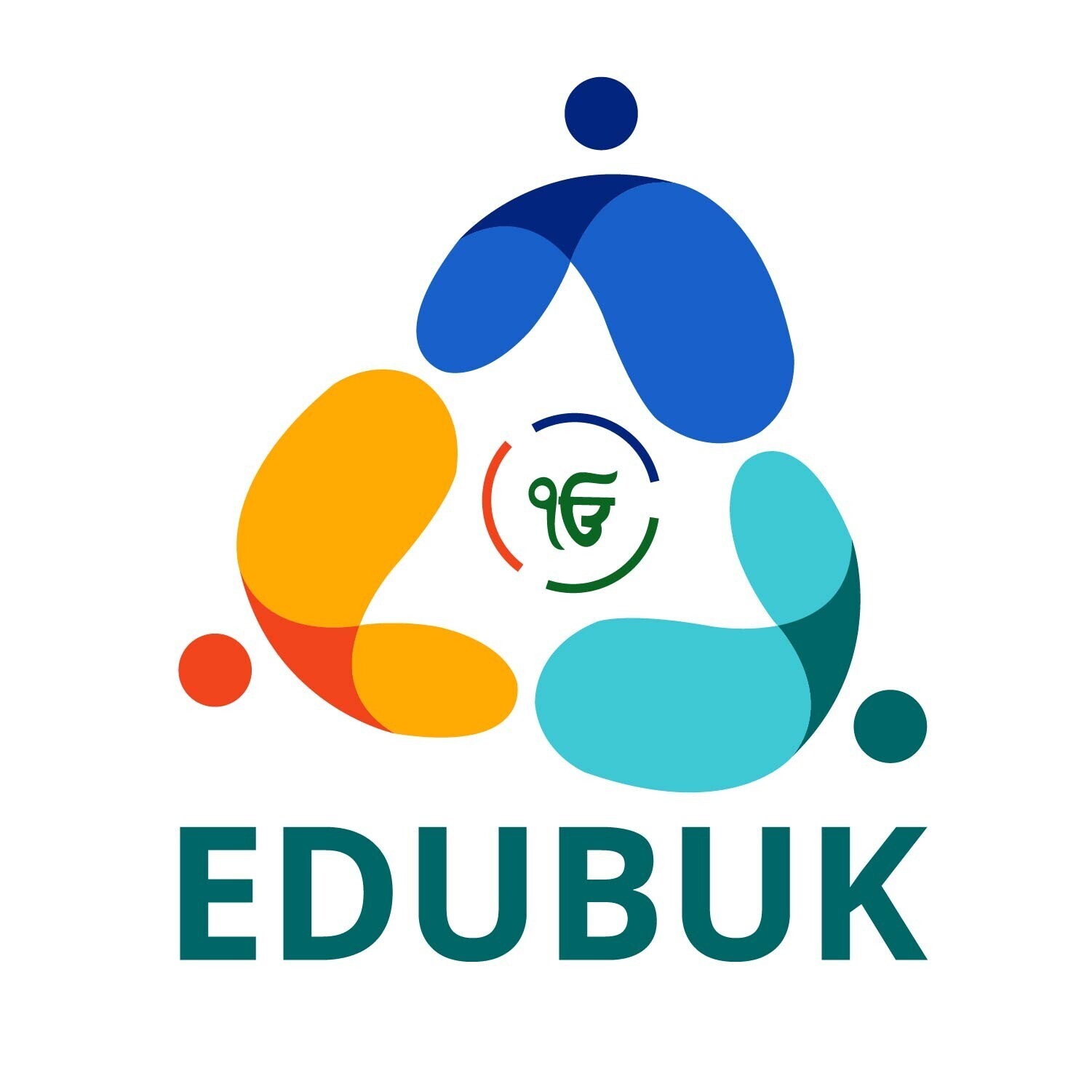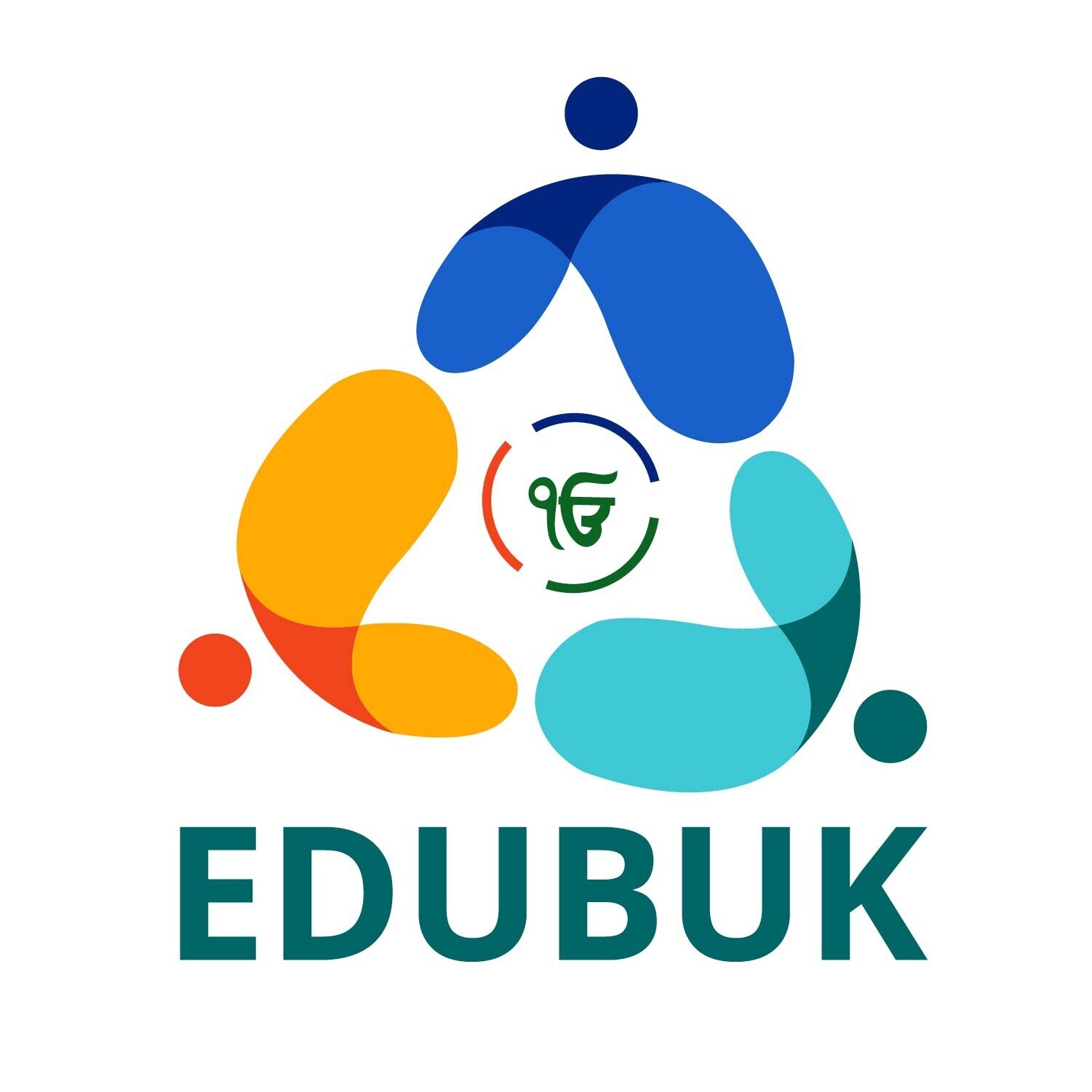Join now to start learning
Learn from our quality instructors!
Get startedThis website uses cookies to personalize content and analyse traffic in order to offer you a better experience. Cookie policy
Global-gold standard program for no-code emerging technologies skilling & assessment




Find the right course for you

Explore a variety of fresh topics

Learn on your schedule
These are the most popular courses among listen courses learners worldwide
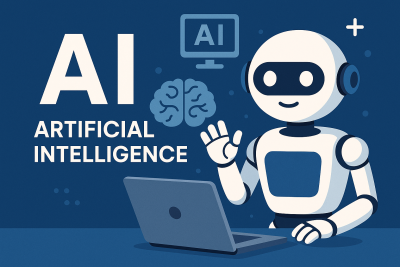
4.3
(1294 Reviews)
 Compare
Compare
Artificial Intelligence (AI) is the technology that enables machines to mimic human intelligence and perform tasks such as learning, reasoning, and problem-solving. This course provides a beginner-friendly introduction to AI concepts, techniques, and real-world applications across industries. Discover how AI is shaping the future and build the foundational skills needed to thrive in an AI-driven world.
₹20000
09:00:00 Hours
Last updated Wed, 05-Nov-2025
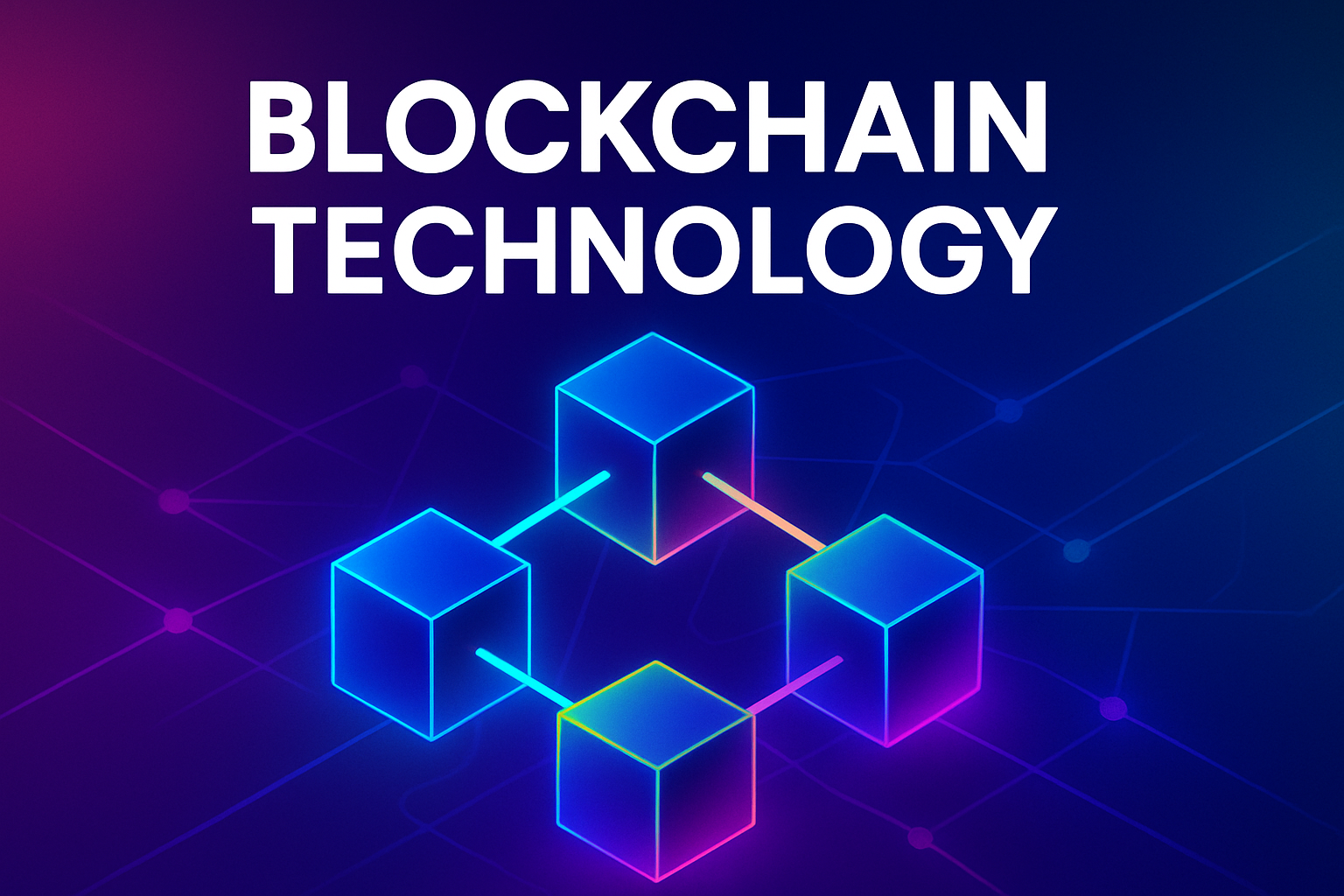
4.2
(877 Reviews)
 Compare
Compare
Blockchain is a secure, decentralized digital ledger that records transactions across a network of computers. It ensures data transparency, trust, and tamper-proof record-keeping, making it ideal for cryptocurrencies, smart contracts, and secure data sharing.
₹20000
11:00:00 Hours
Last updated Wed, 05-Nov-2025
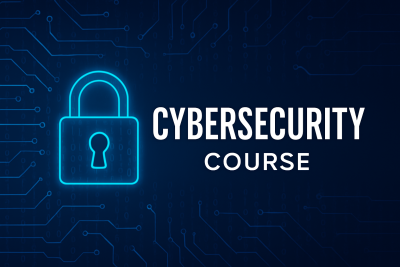
4.3
(1039 Reviews)
 Compare
Compare
Learn the fundamentals of cybersecurity, including how to protect personal data, defend against cyber threats, and ensure safe digital practices. This course equips learners with essential skills to stay secure in today’s connected world.
₹20000
Hours
Last updated Wed, 05-Nov-2025
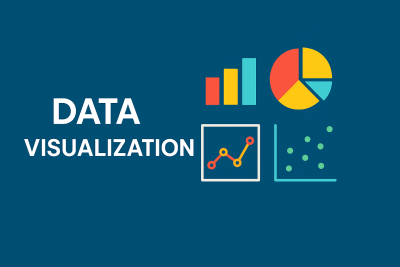
4.3
(978 Reviews)
 Compare
Compare
Data Visualization is the graphical representation of data and information using charts, graphs, and interactive visuals. This course introduces students to essential visualization tools and techniques that help in understanding complex data, identifying trends, and making data-driven decisions. Students will learn how to create impactful visuals using real-world datasets and develop skills in tools like Excel, Tableau, and Python libraries.
₹20000
Hours
Last updated Wed, 05-Nov-2025
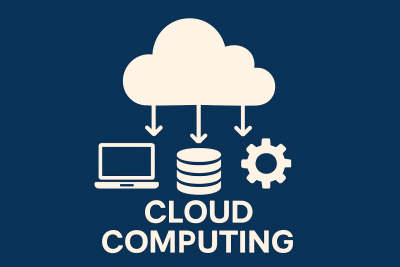
4.3
(956 Reviews)
 Compare
Compare
Cloud Computing is the delivery of computing services—like servers, storage, databases, networking, software, and analytics—over the internet ("the cloud"). It enables users to access and manage data and applications from anywhere, offering scalability, flexibility, and cost-efficiency. This course introduces key concepts, service models (IaaS, PaaS, SaaS), and real-world applications of cloud technologies.
₹20000
Hours
Last updated Wed, 05-Nov-2025
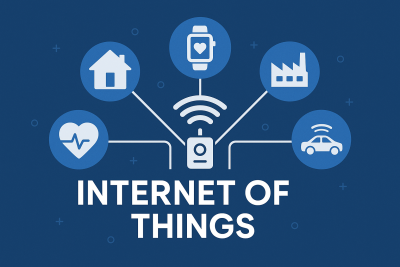
4.2
(1056 Reviews)
 Compare
Compare
The Internet of Things (IoT) refers to a network of interconnected devices that collect and exchange data through the internet. From smart home systems and wearable tech to industrial sensors and healthcare devices, IoT is revolutionizing how we live and work. This course introduces students to the fundamentals of IoT, its architecture, applications, and future potential in creating smarter, more efficient systems across various sectors.
₹20000
Hours
Last updated Wed, 05-Nov-2025
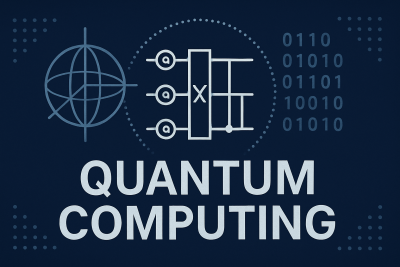
4.2
(984 Reviews)
 Compare
Compare
Quantum Computing is a revolutionary field that leverages the principles of quantum mechanics to solve complex problems beyond the reach of classical computers. This course introduces the core concepts of quantum theory, qubits, superposition, entanglement, and quantum algorithms, offering students a foundational understanding of how quantum systems process information. Ideal for beginners, this course bridges the gap between theory and real-world quantum applications.
₹20000
Hours
Last updated Wed, 05-Nov-2025
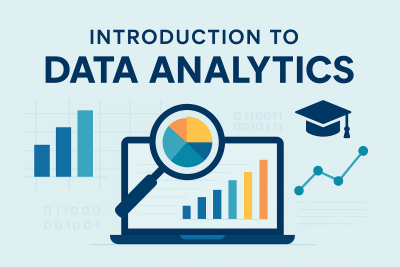
4.3
(985 Reviews)
 Compare
Compare
Data Analytics is the process of examining, organizing, and interpreting data to uncover useful insights, trends, and patterns that support decision-making. It combines statistical techniques, tools, and technologies to turn raw data into meaningful information.
₹20000
Hours
Last updated Wed, 05-Nov-2025
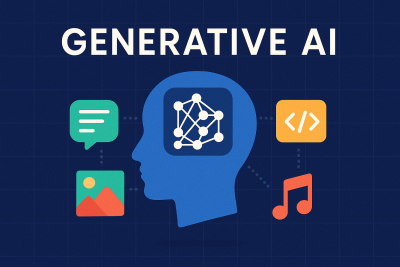
4.3
(1097 Reviews)
 Compare
Compare
Generative AI refers to advanced artificial intelligence models that can create new content—such as text, images, music, and code—by learning patterns from existing data. It is revolutionizing industries by enabling faster content creation, personalized learning experiences, and innovative problem-solving solutions.
₹20000
Hours
Last updated Wed, 05-Nov-2025
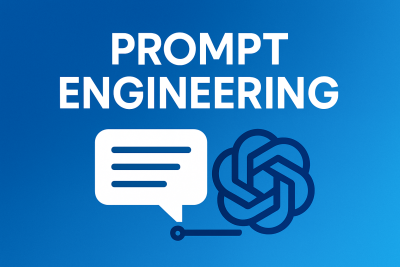
4.2
(1083 Reviews)
 Compare
Compare
Dive deeper into the world of Generative AI by exploring advanced concepts like transformers, GANs, diffusion models, and multimodal systems. This module equips learners with technical insights and practical knowledge to build, fine-tune, and optimize cutting-edge generative models for real-world applications.
₹20000
Hours
Last updated Wed, 05-Nov-2025
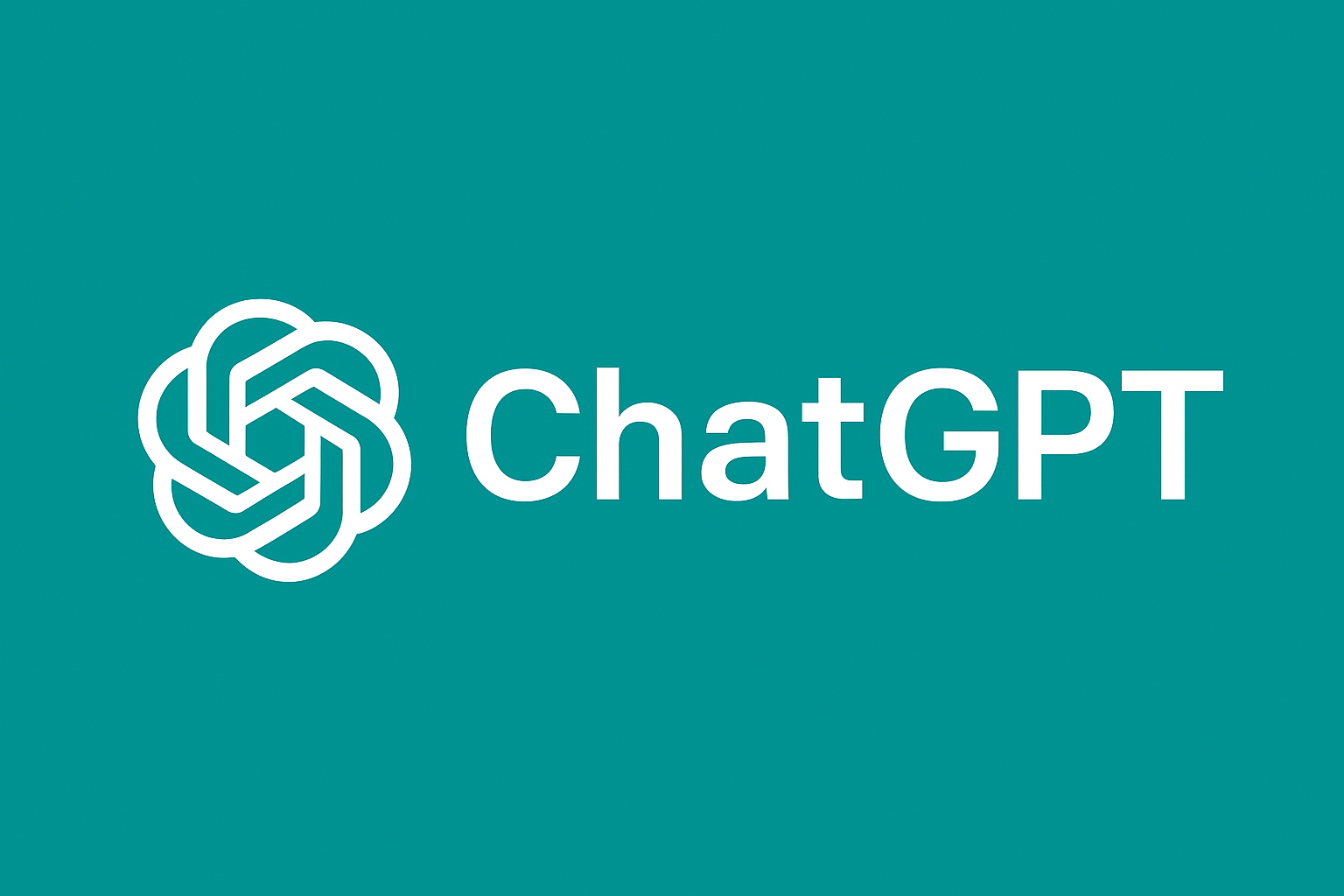
4.2
(981 Reviews)
 Compare
Compare
ChatGPT is an advanced AI-powered conversational tool designed to help learners and educators engage in meaningful, human-like interactions. It can answer questions, explain concepts, create content, and provide personalized learning support. Integrated into an LMS, ChatGPT enhances the learning experience by offering instant assistance, simplifying complex topics, and making education more interactive and accessible.
₹20000
Hours
Last updated Wed, 05-Nov-2025
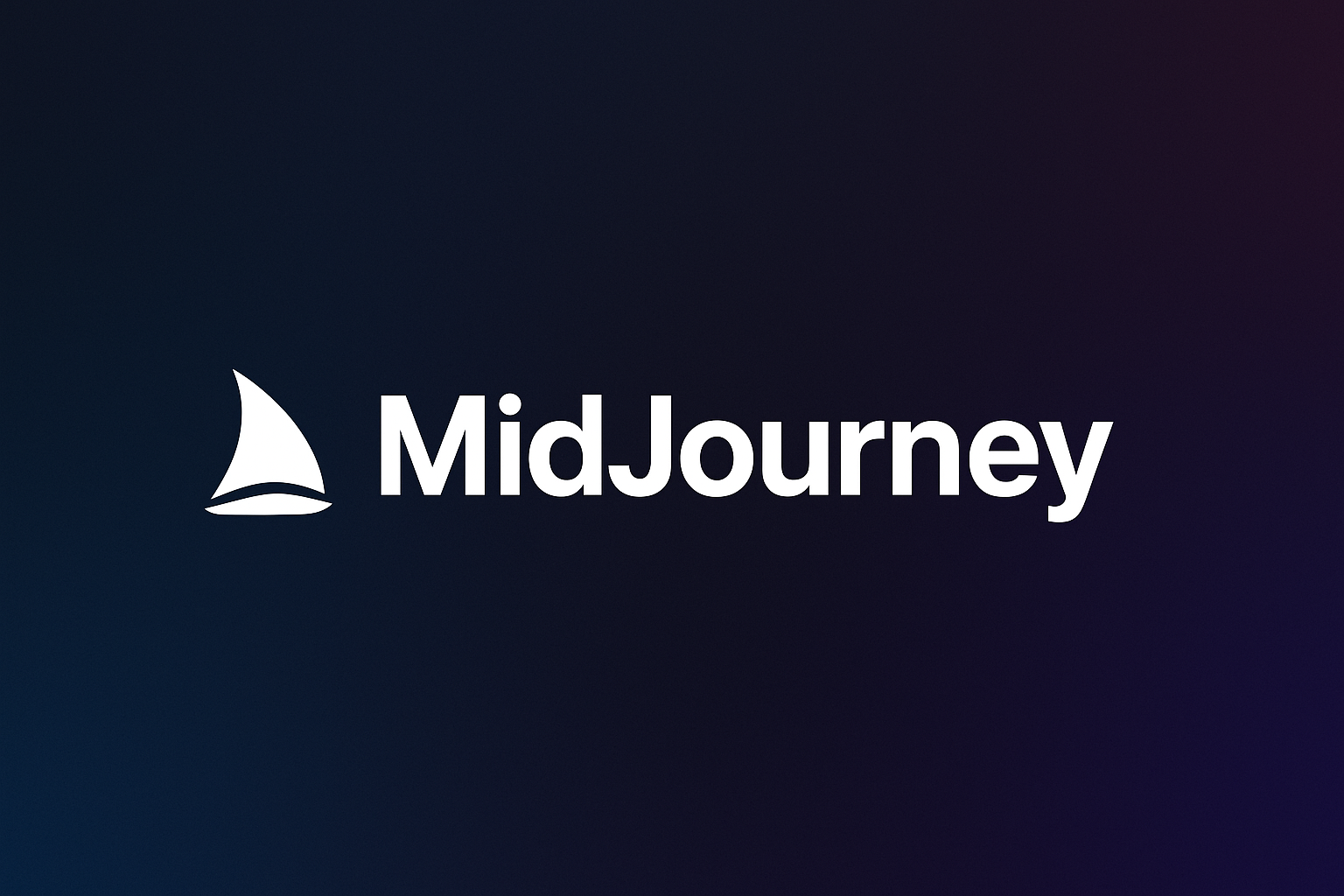
4.2
(998 Reviews)
 Compare
Compare
MidJourney is an advanced AI tool that transforms text prompts into stunning visual art. It allows users to explore limitless creativity by generating unique images, illustrations, and designs with the power of artificial intelligence. Whether you’re an artist, designer, or beginner, MidJourney helps you bring imagination to life through style, composition, and innovation — making it a revolutionary tool in the world of digital creativity.
₹20000
Hours
Last updated Wed, 05-Nov-2025

4.3
(985 Reviews)
 Compare
Compare
Claude 3.7 is an advanced AI assistant designed to help you think, write, and create with exceptional clarity and depth. In this course, you will learn how to effectively communicate with Claude, craft high-quality prompts, refine outputs, and use Claude for content creation, business tasks, problem-solving, and professional workflows.
₹20000
Hours
Last updated Tue, 11-Nov-2025
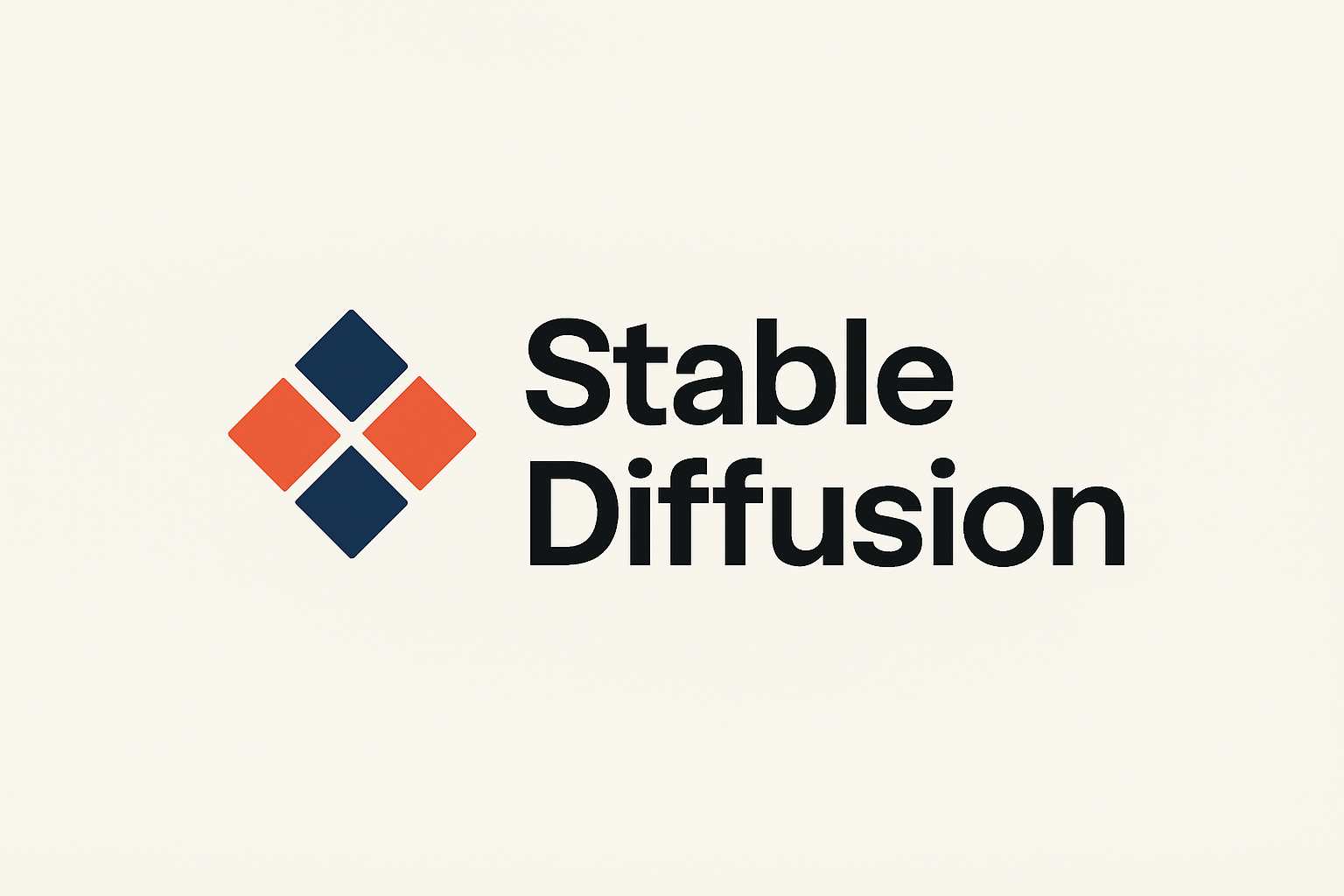
4.3
(939 Reviews)
 Compare
Compare
Stable Diffusion is a powerful AI image-generation model that transforms text prompts into high-quality, creative visuals. It allows users to generate artwork, illustrations, designs, and photorealistic images by simply describing what they want. With full control over style, composition, parameters, and customization, Stable Diffusion empowers beginners and professionals to create stunning visuals for social media, branding, marketing, and creative projects.
₹20000
Hours
Last updated Wed, 19-Nov-2025
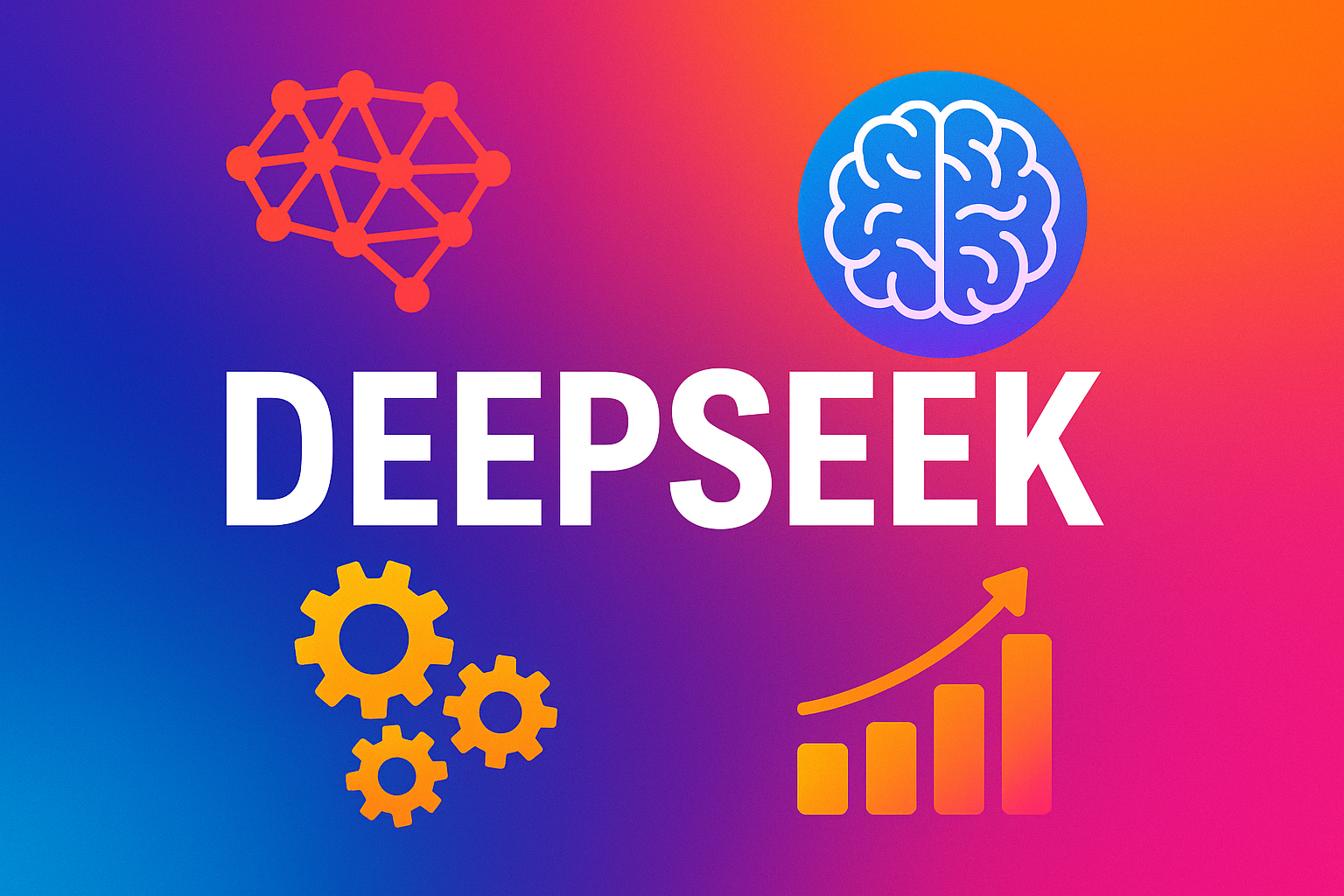
4.2
(934 Reviews)
 Compare
Compare
DeepSeek is an advanced AI model designed for powerful reasoning, accurate information retrieval, and high-quality content generation. Built to handle complex tasks—from research and data analysis to creative writing and coding—DeepSeek enables users to work smarter, faster, and with greater precision. Its intuitive capabilities make it a valuable tool for students, professionals, and creators looking to enhance productivity using AI.
₹20000
Hours
Last updated Thu, 27-Nov-2025
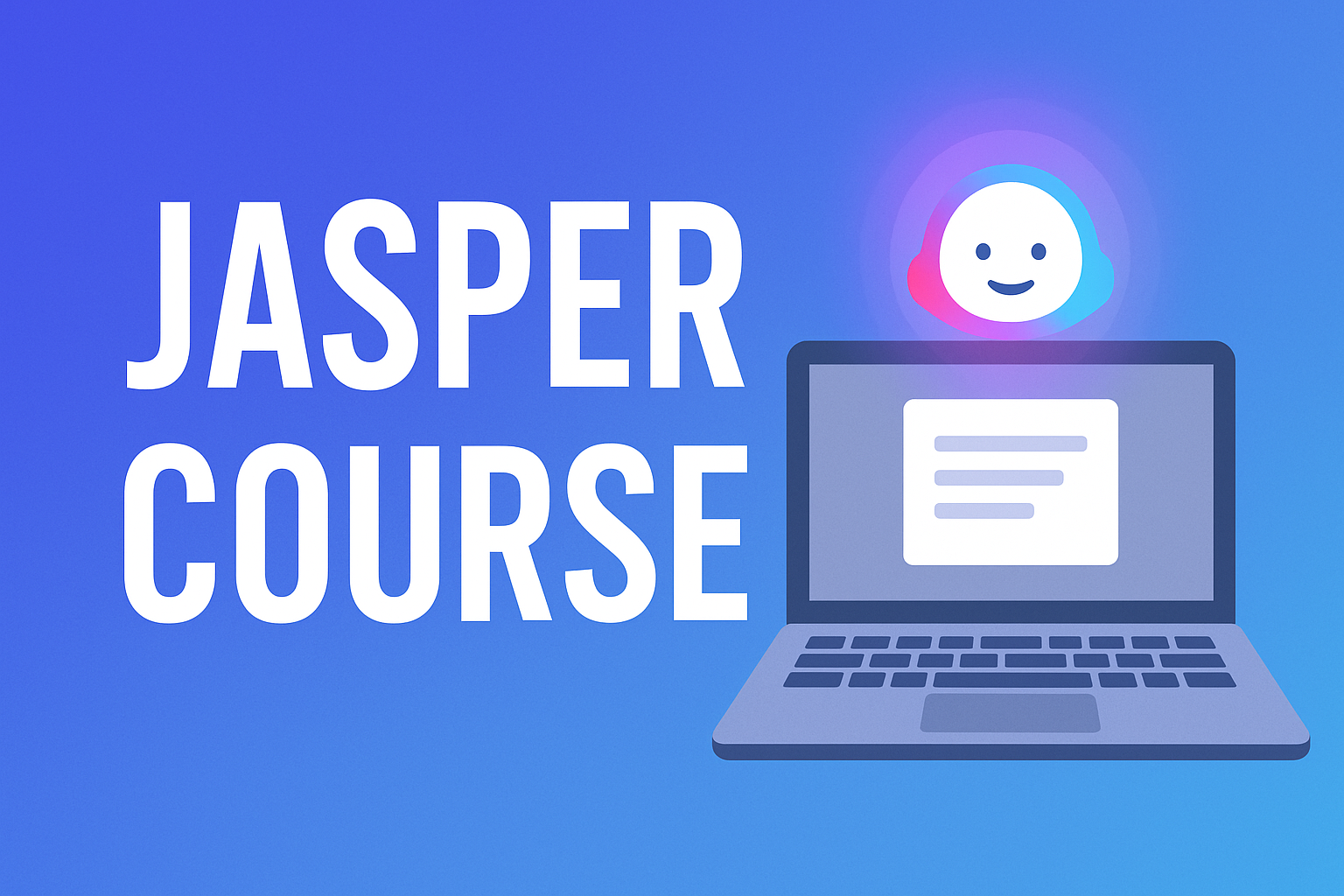
4.3
(836 Reviews)
 Compare
Compare
Jasper is an advanced AI writing assistant designed to help users create high-quality content with speed and consistency. Whether you're writing blogs, ads, social posts, emails, or creative stories, Jasper generates human-like text tailored to your brand voice and goals. It simplifies content creation, boosts productivity, and supports creators, marketers, and businesses in producing engaging, SEO-friendly writing effortlessly.
₹20000
Hours
Last updated Thu, 11-Dec-2025
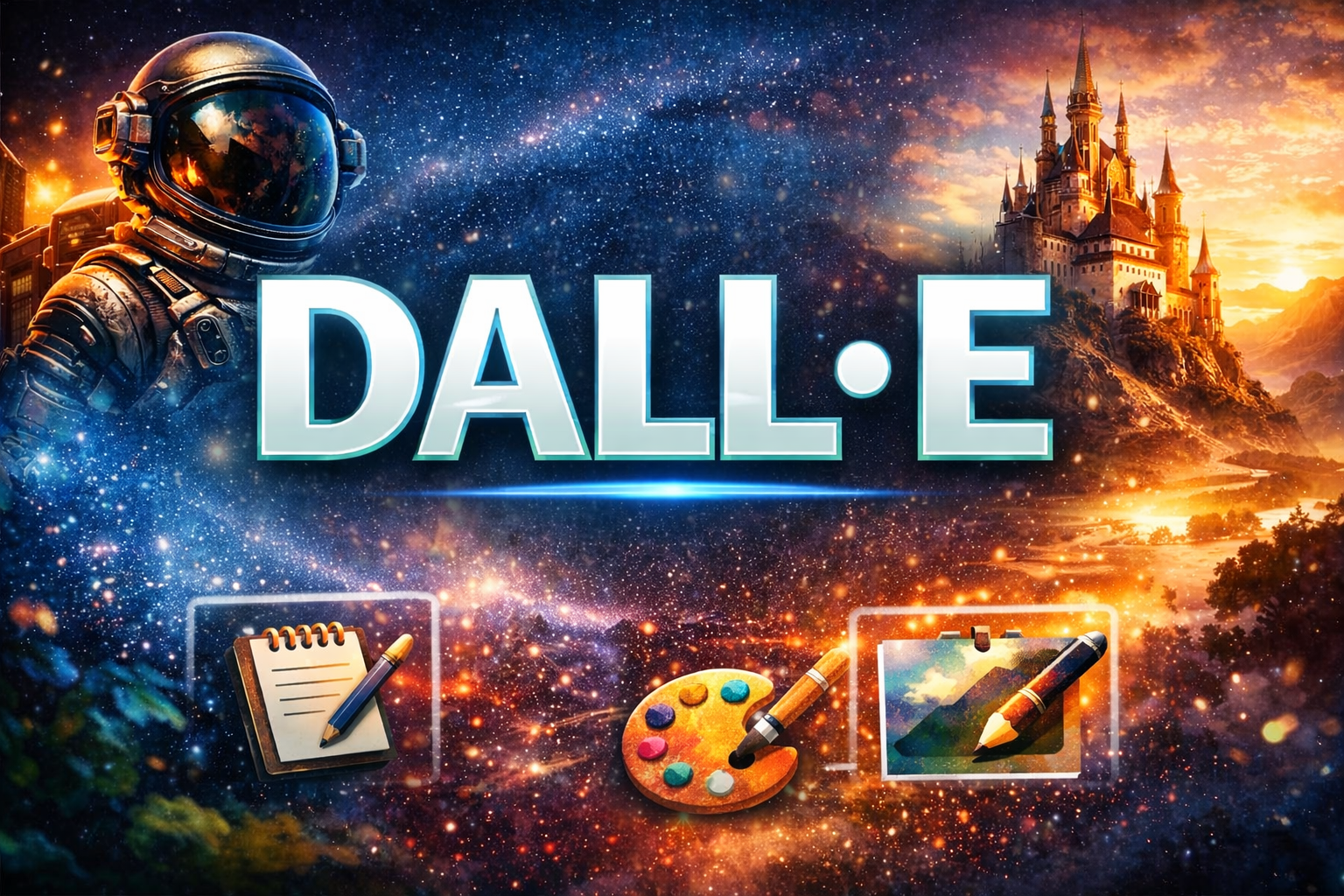
4.3
(914 Reviews)
 Compare
Compare
Learn how to create stunning, high-quality images using DALL·E, OpenAI’s AI-powered image generation tool. This course teaches you how to write effective prompts, control styles and creativity, edit images using inpainting and outpainting, and use AI art for marketing, branding, and content creation—no design or technical skills required.
₹20000
Hours
Last updated Tue, 23-Dec-2025
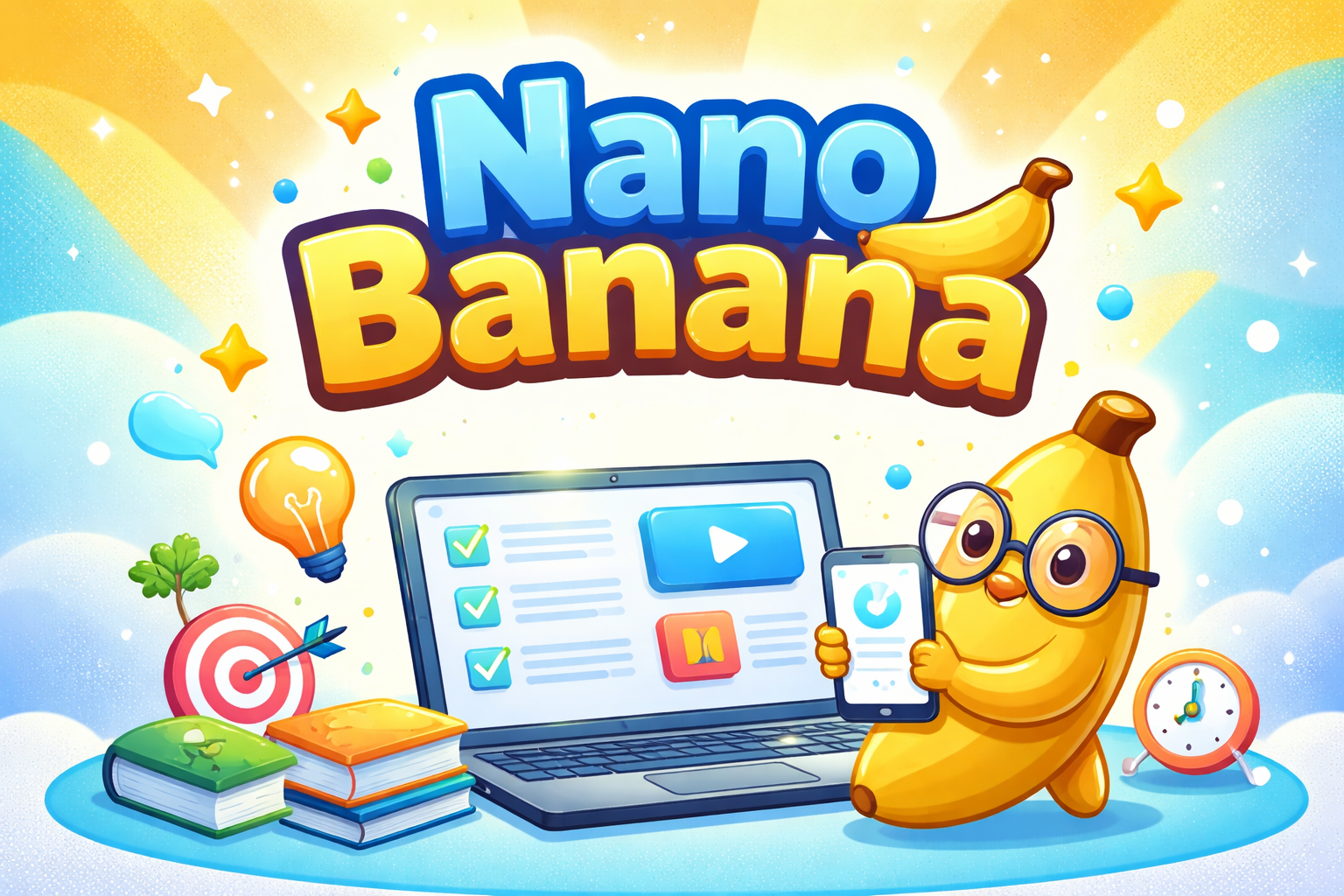
4.3
(894 Reviews)
 Compare
Compare
"Nano Banana is an innovative microlearning platform that delivers bite-sized lessons, making learning simple, engaging, and easy to retain. Perfect for busy learners looking to upskill quickly and effectively.
₹20000
Hours
Last updated Wed, 31-Dec-2025
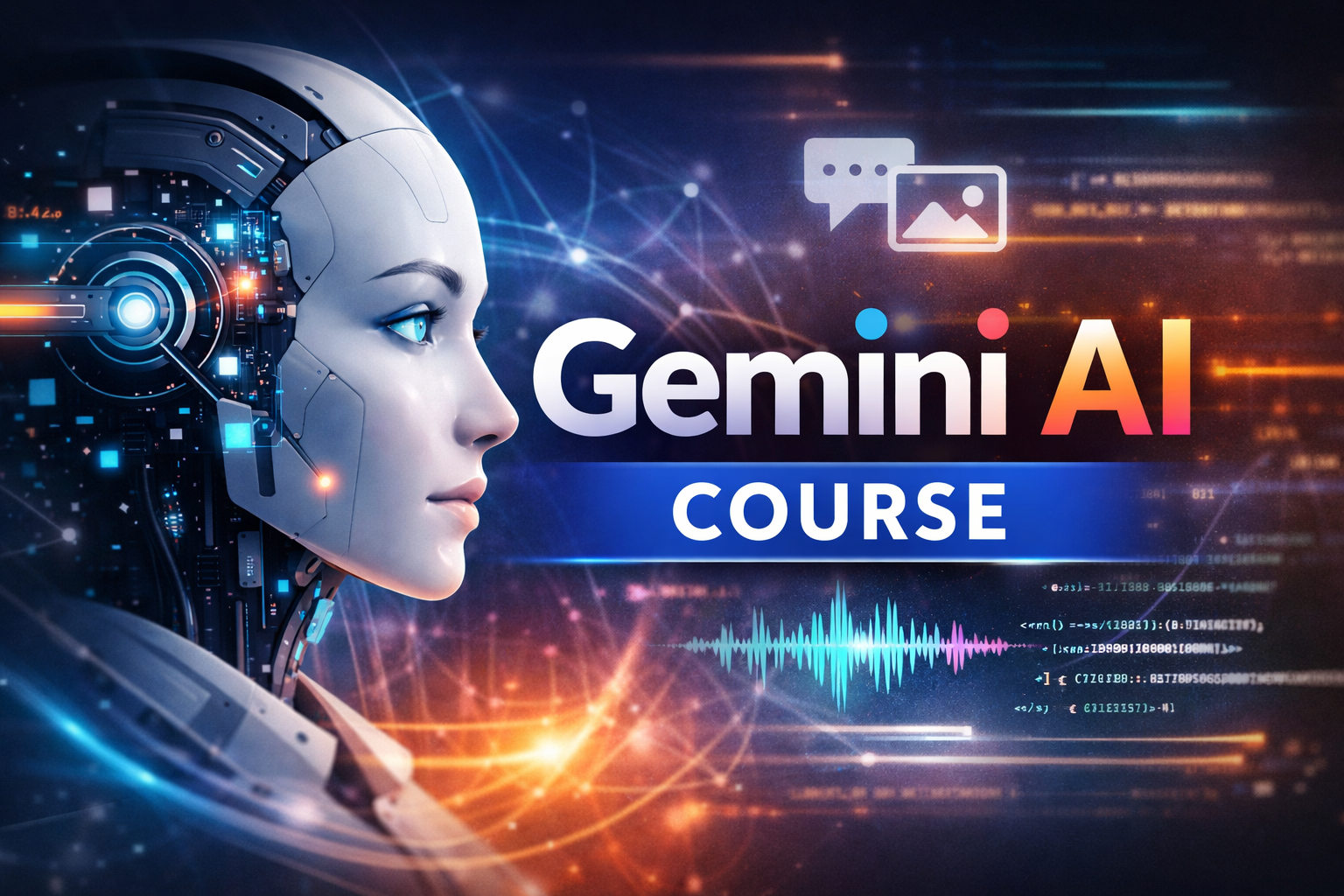
4.3
(836 Reviews)
 Compare
Compare
Gemini AI is a powerful multimodal artificial intelligence system by Google that can understand and generate text, images, audio, and code, enabling smarter, faster, and more human-like interactions across applications.
₹20000
Hours
Last updated Tue, 13-Jan-2026
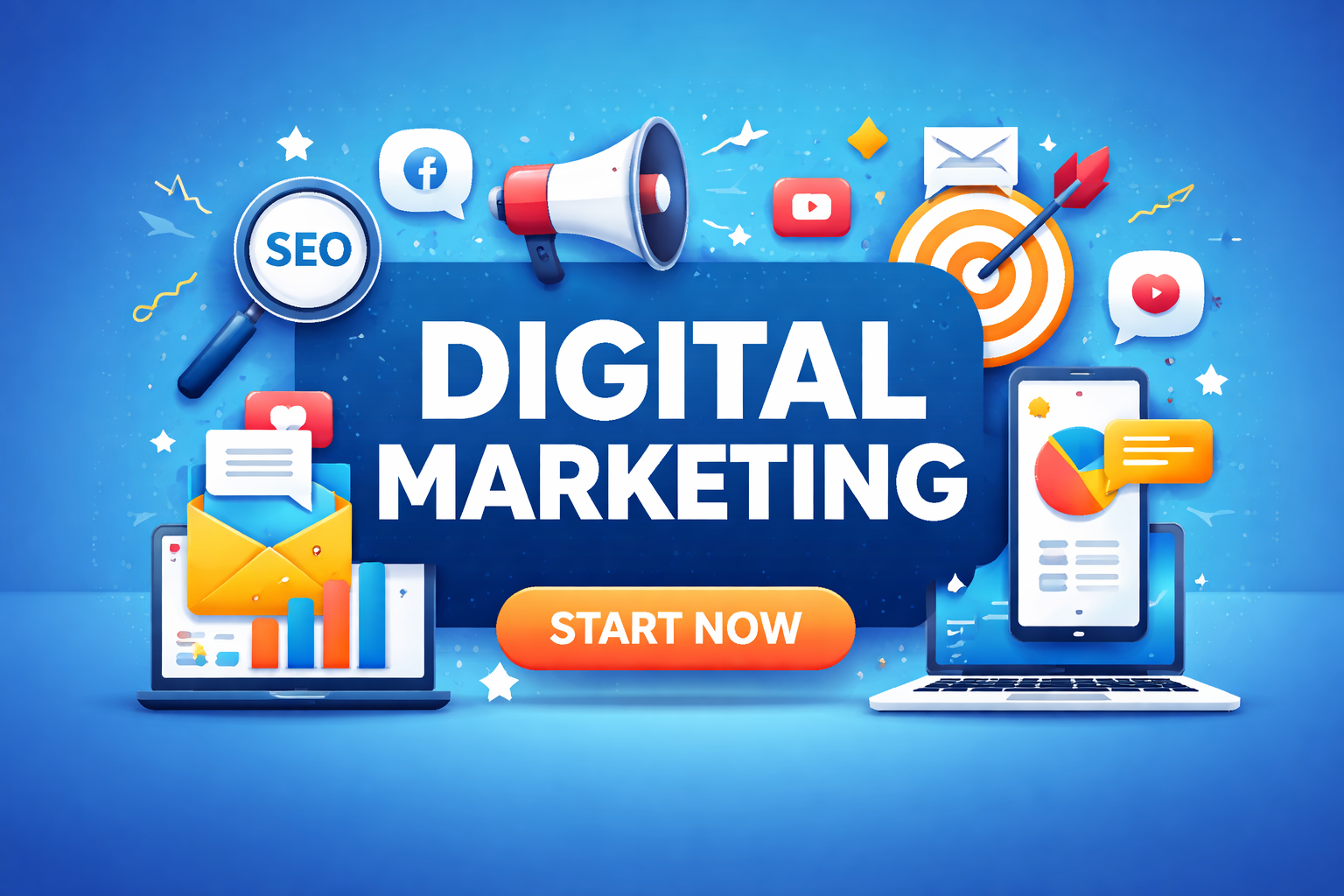
4.3
(914 Reviews)
 Compare
Compare
This chapter introduces the basic concepts of digital marketing, its evolution, key channels, and how businesses connect with audiences in the digital age.
₹20000
Hours
Last updated Thu, 22-Jan-2026
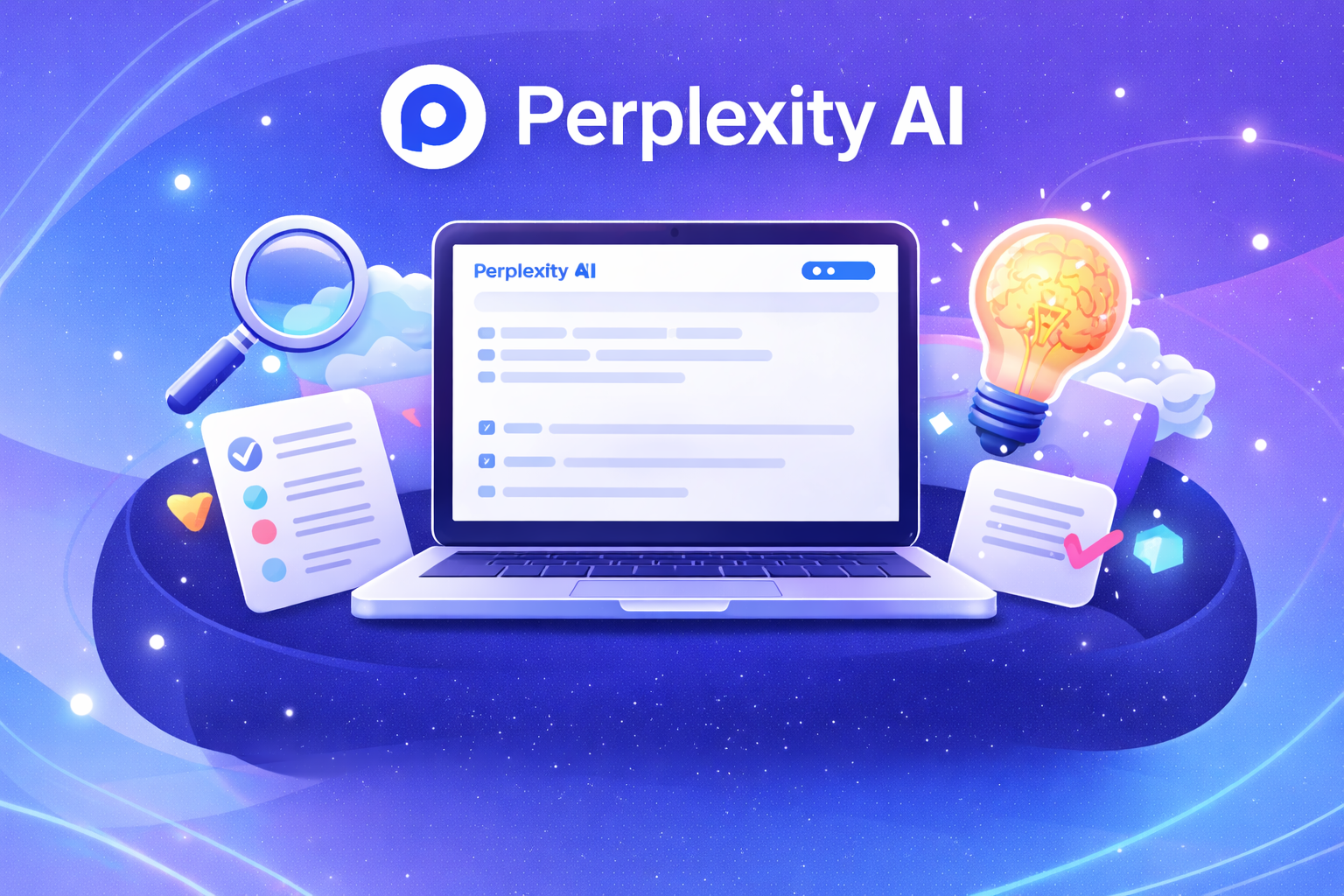
4.3
(694 Reviews)
 Compare
Compare
Perplexity AI is an AI-powered, conversational search and answer engine that uses large language models (LLMs) with real-time web retrieval to deliver concise, source-cited responses to queries. It can be embedded into educational environments like Learning Management Systems (LMS) such as Moodle, Canvas, or Blackboard, allowing students and educators to access advanced AI-assisted research, summaries, and personalized explanations directly inside their course platform — all without switching tools. This integration enhances learning workflows by streamlining content discovery, supporting instruction, and improving study efficiency within the LMS context.
₹20000
Hours
Last updated Fri, 30-Jan-2026
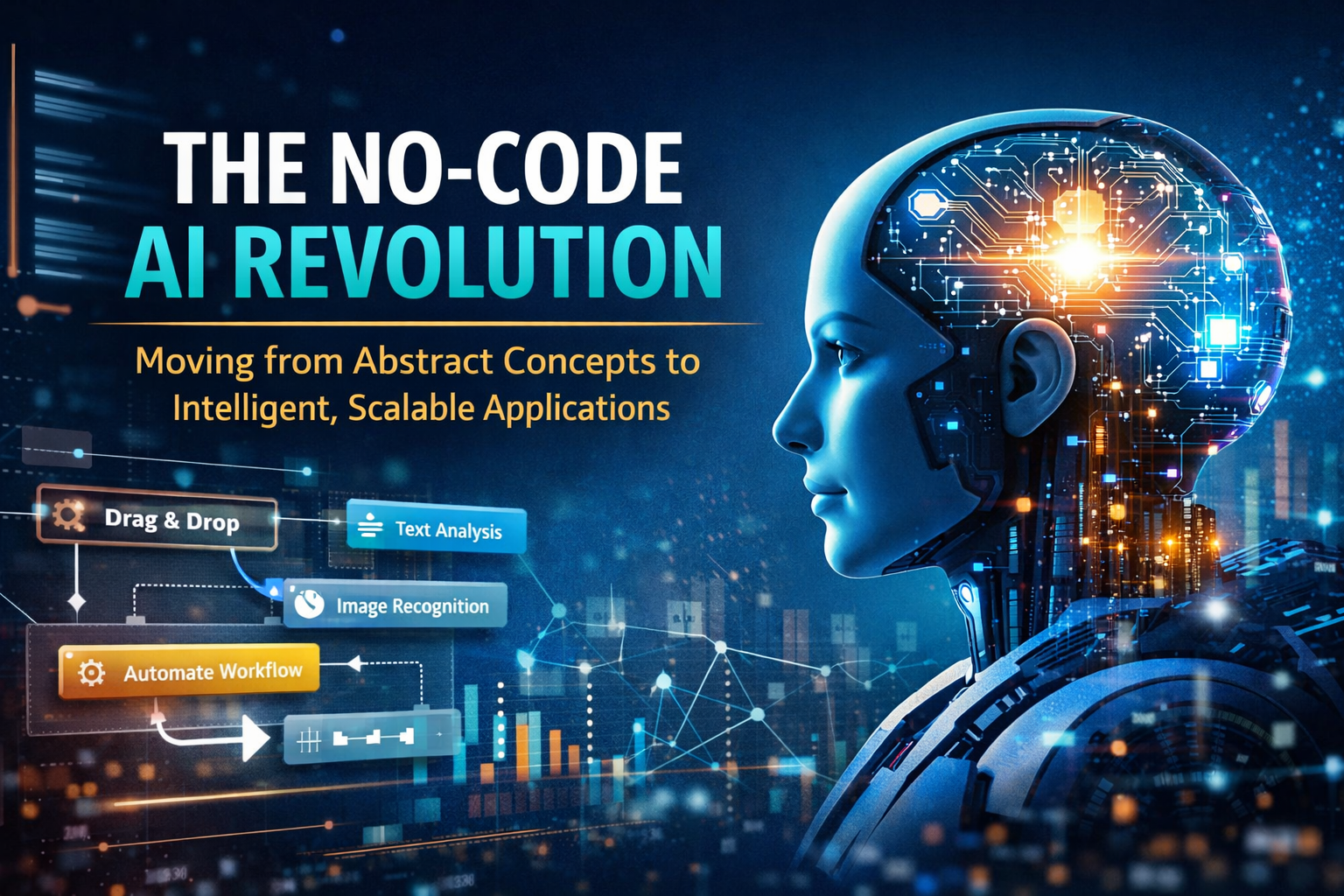
4.3
(722 Reviews)
 Compare
Compare
An in-depth exploration of advanced AI concepts including machine learning models, deep learning, NLP, computer vision, and real-world AI system design. Learn to build, optimize, and deploy intelligent solutions using modern tools, frameworks, and ethical AI practices for industry-ready applications.
₹20000
Hours
Last updated Tue, 10-Feb-2026
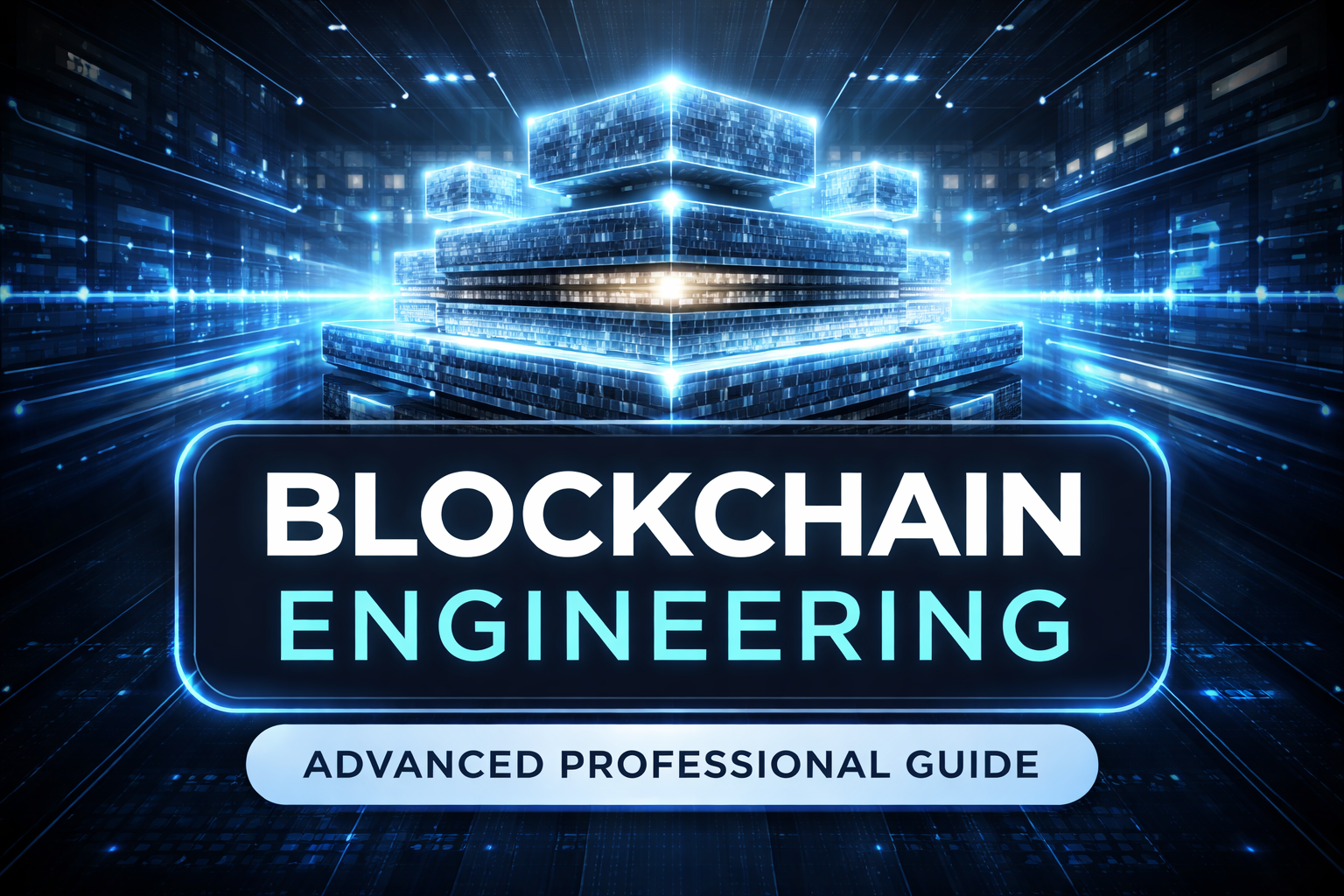
4.3
(1054 Reviews)
 Compare
Compare
A comprehensive advanced program that explores blockchain architecture, smart contracts, decentralized finance, token systems, and scalable infrastructure. Learn how modern blockchain networks operate, design secure decentralized applications, and understand real-world implementations across finance, governance, and digital asset ecosystems.
₹20000
Hours
Last updated Tue, 24-Feb-2026
These are the most popular courses among listen courses learners worldwide
These are the most latest courses among listen courses learners worldwide

4.3
(1054 Reviews)
 Compare
Compare
A comprehensive advanced program that explores blockchain architecture, smart contracts, decentralized finance, token systems, and scalable infrastructure. Learn how modern blockchain networks operate, design secure decentralized applications, and understand real-world implementations across finance, governance, and digital asset ecosystems.
₹20000
Hours
Last updated Tue, 24-Feb-2026

4.3
(722 Reviews)
 Compare
Compare
An in-depth exploration of advanced AI concepts including machine learning models, deep learning, NLP, computer vision, and real-world AI system design. Learn to build, optimize, and deploy intelligent solutions using modern tools, frameworks, and ethical AI practices for industry-ready applications.
₹20000
Hours
Last updated Tue, 10-Feb-2026

4.3
(694 Reviews)
 Compare
Compare
Perplexity AI is an AI-powered, conversational search and answer engine that uses large language models (LLMs) with real-time web retrieval to deliver concise, source-cited responses to queries. It can be embedded into educational environments like Learning Management Systems (LMS) such as Moodle, Canvas, or Blackboard, allowing students and educators to access advanced AI-assisted research, summaries, and personalized explanations directly inside their course platform — all without switching tools. This integration enhances learning workflows by streamlining content discovery, supporting instruction, and improving study efficiency within the LMS context.
₹20000
Hours
Last updated Fri, 30-Jan-2026

4.3
(914 Reviews)
 Compare
Compare
This chapter introduces the basic concepts of digital marketing, its evolution, key channels, and how businesses connect with audiences in the digital age.
₹20000
Hours
Last updated Thu, 22-Jan-2026

4.3
(836 Reviews)
 Compare
Compare
Gemini AI is a powerful multimodal artificial intelligence system by Google that can understand and generate text, images, audio, and code, enabling smarter, faster, and more human-like interactions across applications.
₹20000
Hours
Last updated Tue, 13-Jan-2026

4.3
(894 Reviews)
 Compare
Compare
"Nano Banana is an innovative microlearning platform that delivers bite-sized lessons, making learning simple, engaging, and easy to retain. Perfect for busy learners looking to upskill quickly and effectively.
₹20000
Hours
Last updated Wed, 31-Dec-2025

4.3
(914 Reviews)
 Compare
Compare
Learn how to create stunning, high-quality images using DALL·E, OpenAI’s AI-powered image generation tool. This course teaches you how to write effective prompts, control styles and creativity, edit images using inpainting and outpainting, and use AI art for marketing, branding, and content creation—no design or technical skills required.
₹20000
Hours
Last updated Tue, 23-Dec-2025

4.3
(836 Reviews)
 Compare
Compare
Jasper is an advanced AI writing assistant designed to help users create high-quality content with speed and consistency. Whether you're writing blogs, ads, social posts, emails, or creative stories, Jasper generates human-like text tailored to your brand voice and goals. It simplifies content creation, boosts productivity, and supports creators, marketers, and businesses in producing engaging, SEO-friendly writing effortlessly.
₹20000
Hours
Last updated Thu, 11-Dec-2025

4.2
(934 Reviews)
 Compare
Compare
DeepSeek is an advanced AI model designed for powerful reasoning, accurate information retrieval, and high-quality content generation. Built to handle complex tasks—from research and data analysis to creative writing and coding—DeepSeek enables users to work smarter, faster, and with greater precision. Its intuitive capabilities make it a valuable tool for students, professionals, and creators looking to enhance productivity using AI.
₹20000
Hours
Last updated Thu, 27-Nov-2025

4.3
(939 Reviews)
 Compare
Compare
Stable Diffusion is a powerful AI image-generation model that transforms text prompts into high-quality, creative visuals. It allows users to generate artwork, illustrations, designs, and photorealistic images by simply describing what they want. With full control over style, composition, parameters, and customization, Stable Diffusion empowers beginners and professionals to create stunning visuals for social media, branding, marketing, and creative projects.
₹20000
Hours
Last updated Wed, 19-Nov-2025
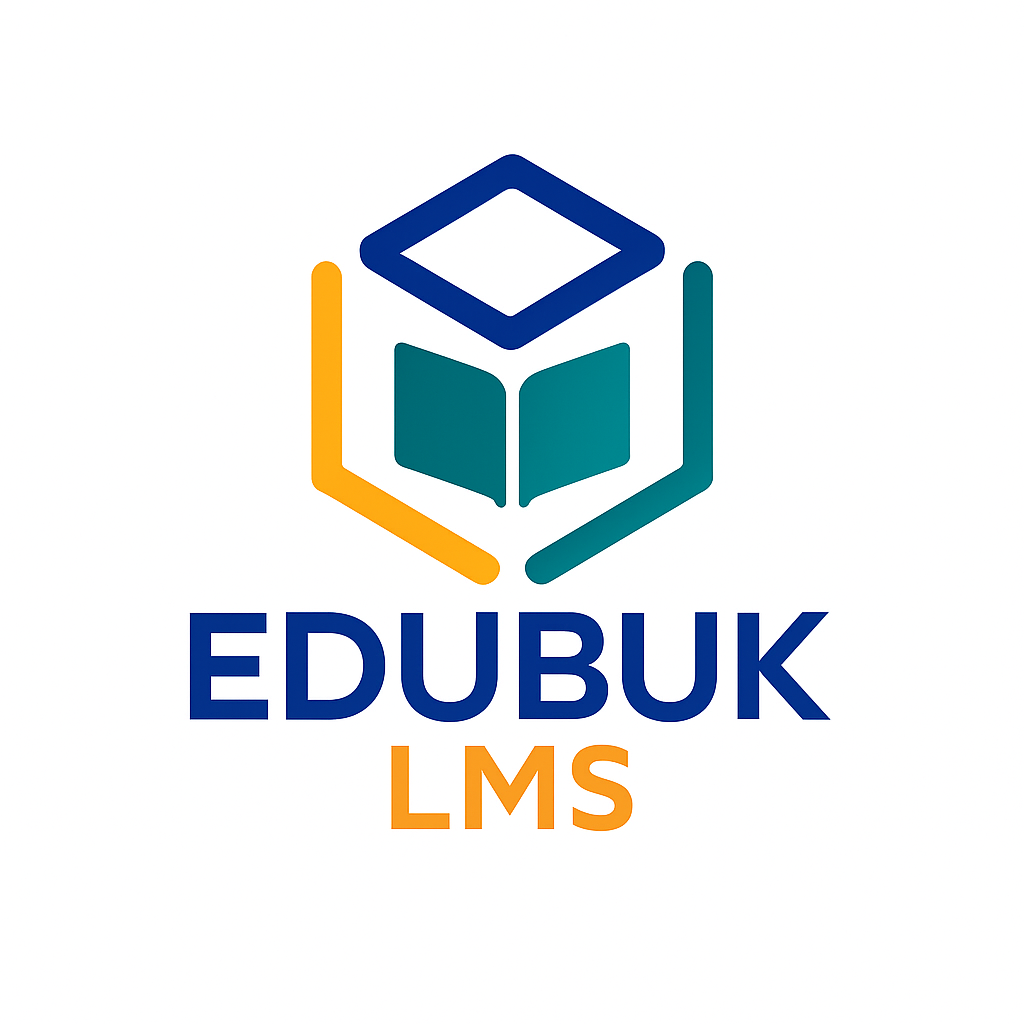
Edubuk Learning Management System "Edubuk LMS" is an innovative and comprehensive digital platform designed to facilitate effective learning, teaching, and administration. Tailored to meet the needs of educational institutions, corporate training environments, and individual learners, Edubuk LMS offers a robust suite of tools and features that streamline the delivery and management of educational content.
